Interview with Hideaki Nakama
Metal guitarist Hideaki Nakama spoke to us about HellnBack during an exclusive interview in Japan

![HYDE [INSIDE] LIVE 2024 -EXTRA- at Makuhari Messe](https://www.jame-world.com/media/image/2024-11/_16-9_14951.jpg)

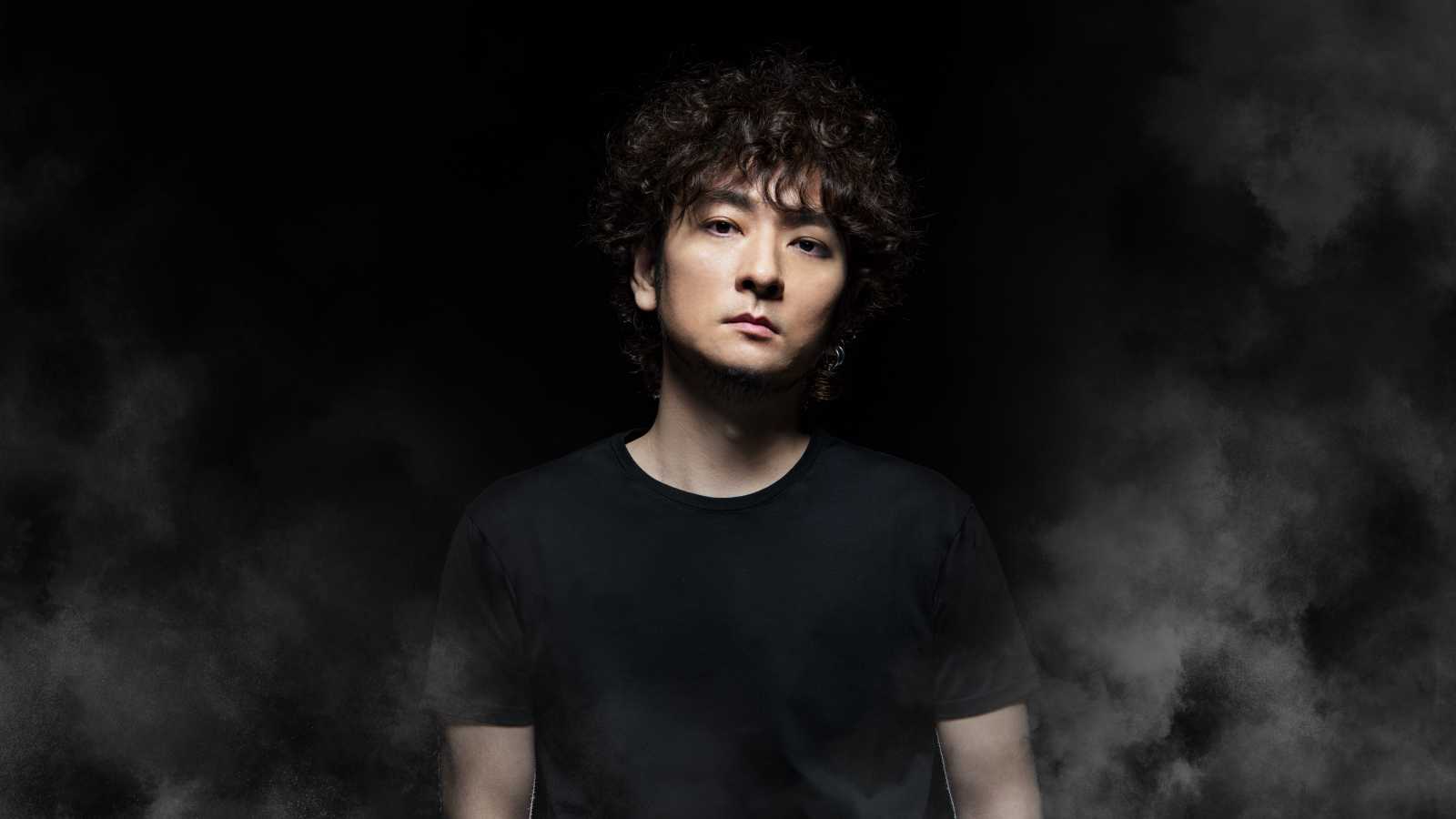

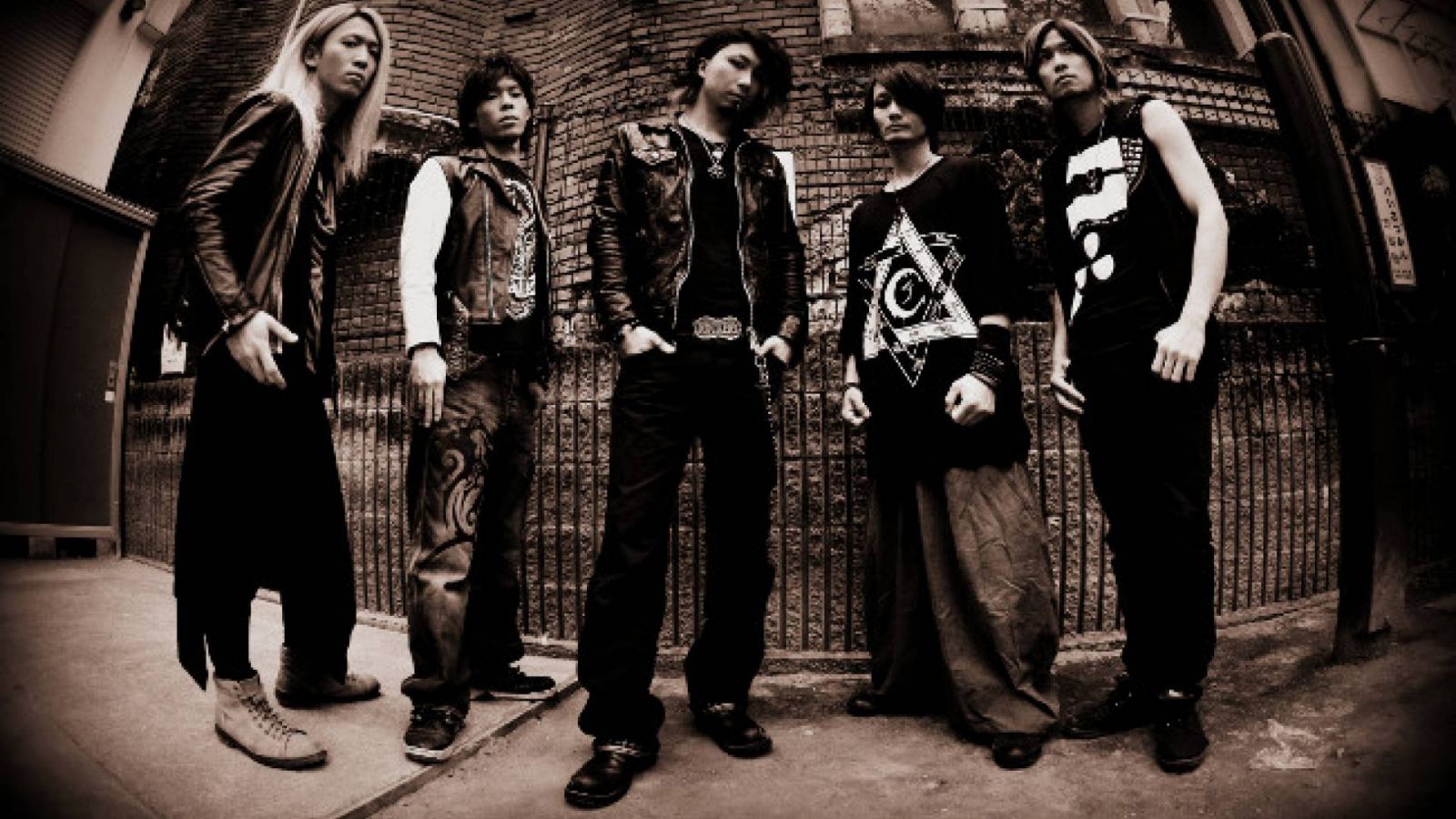
Interview
JaME talked to Vorchaos about their musical beginnings, their unique heavy style, their first full album and more.
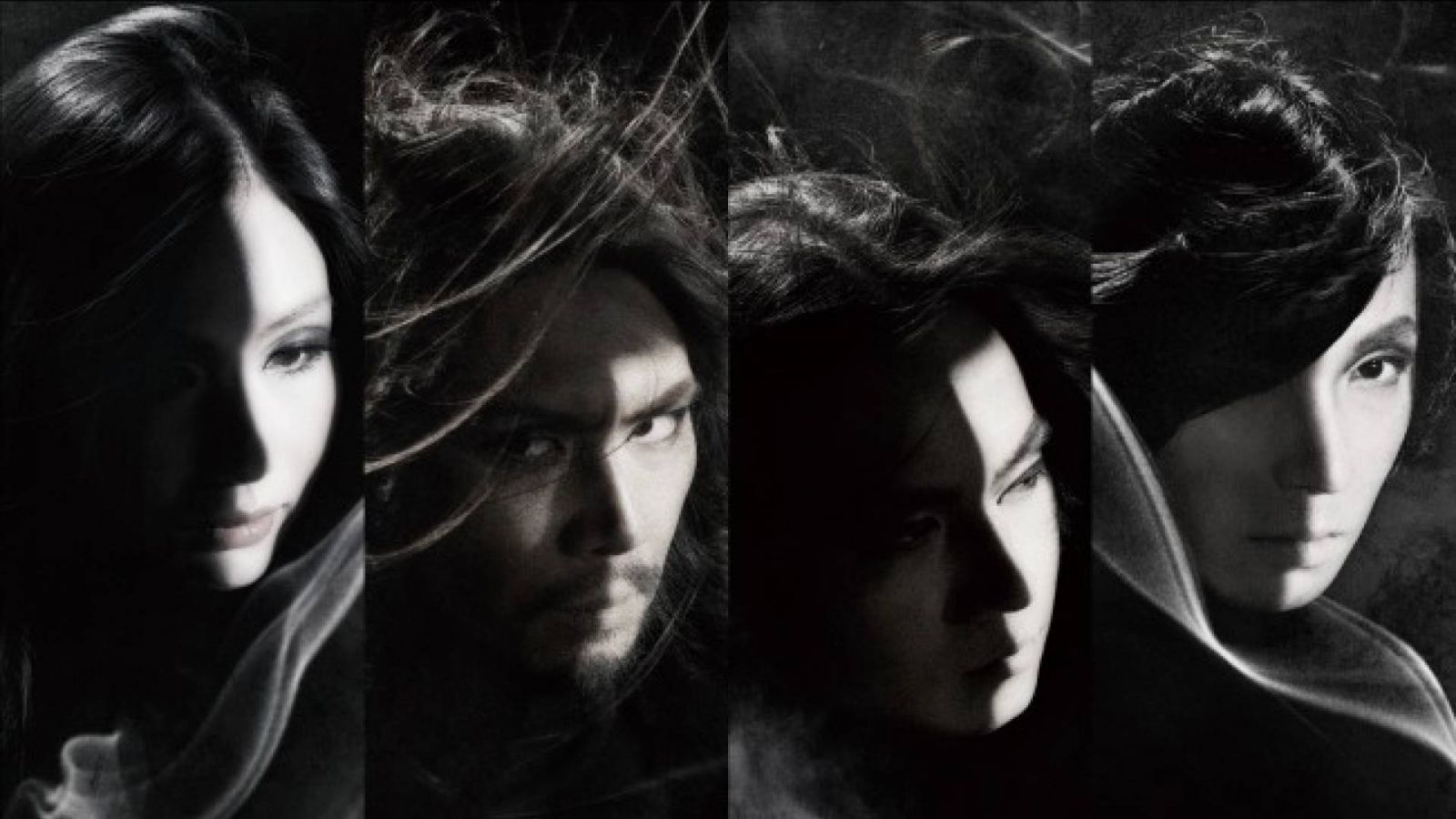
Biography
Onmyo-za is Japan's most prominent folk metal band. Through a fusion of aggressive heavy metal and traditional Japanese melodies and vocals, the band seeks to present the balance between darkness and light so prominent in Onmyou magic. With songs inspired by youkai, historical figures, and even manga, Onmyo-za is Japanese metal at its most Japanese.
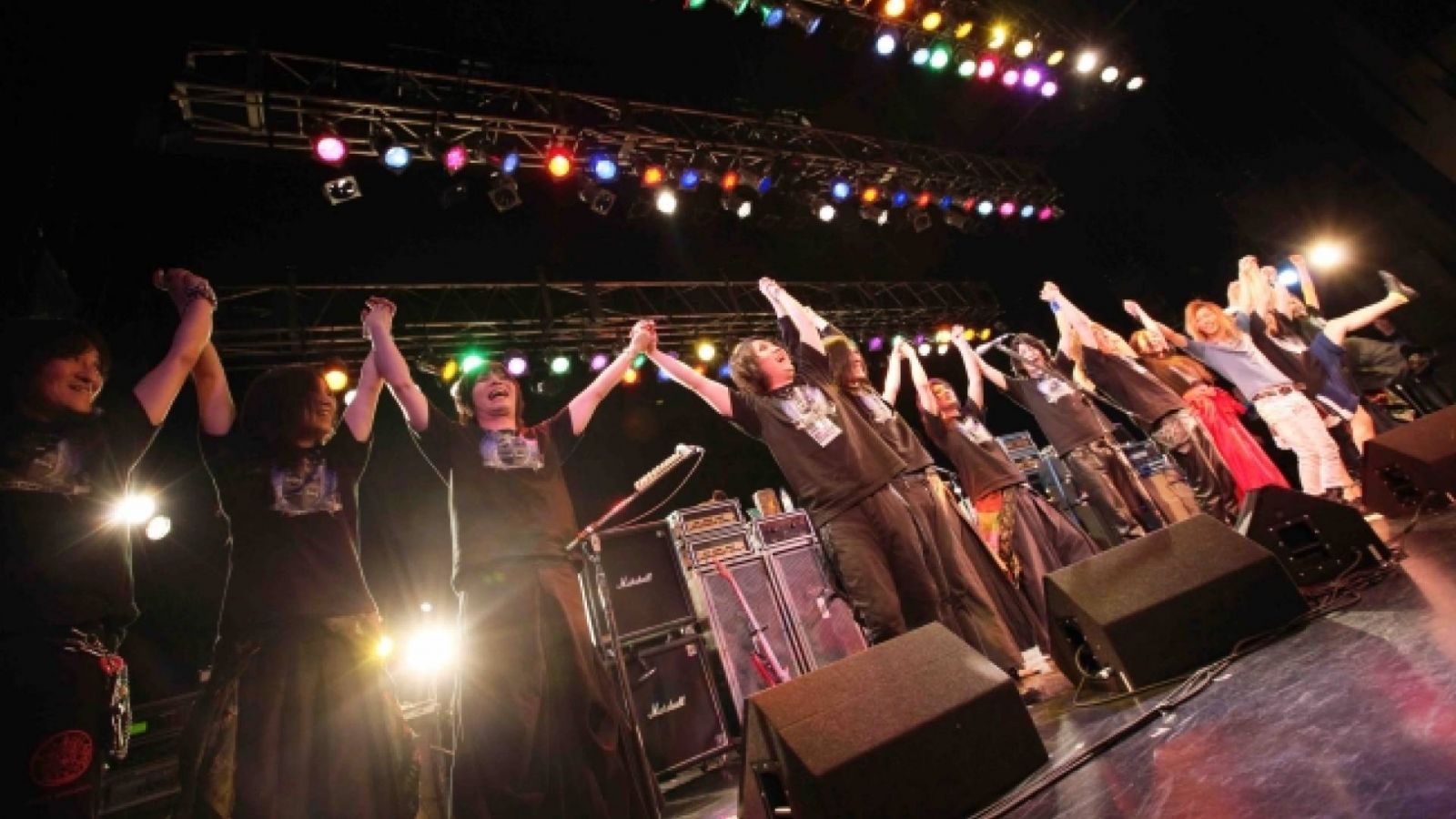
Live Report
Four well-known metal bands shared the stage of Club CITTA for PURE ROCK JAPAN LIVE’s 2013 edition.
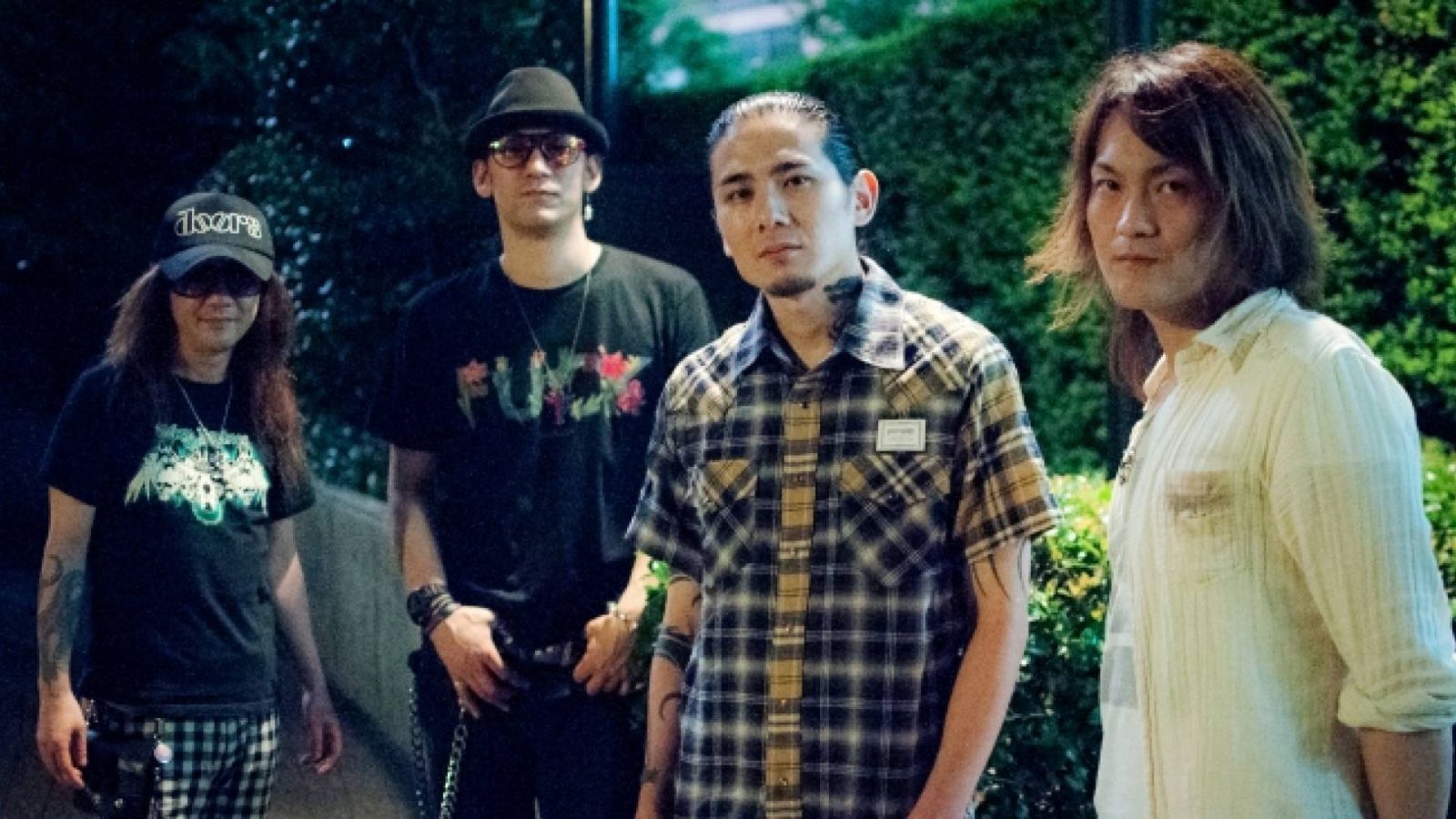
Interview
JaME spoke with HeavensDust about their unique sounds, mixing metal and traditional Japanese instruments, their newest release and plans for the future.
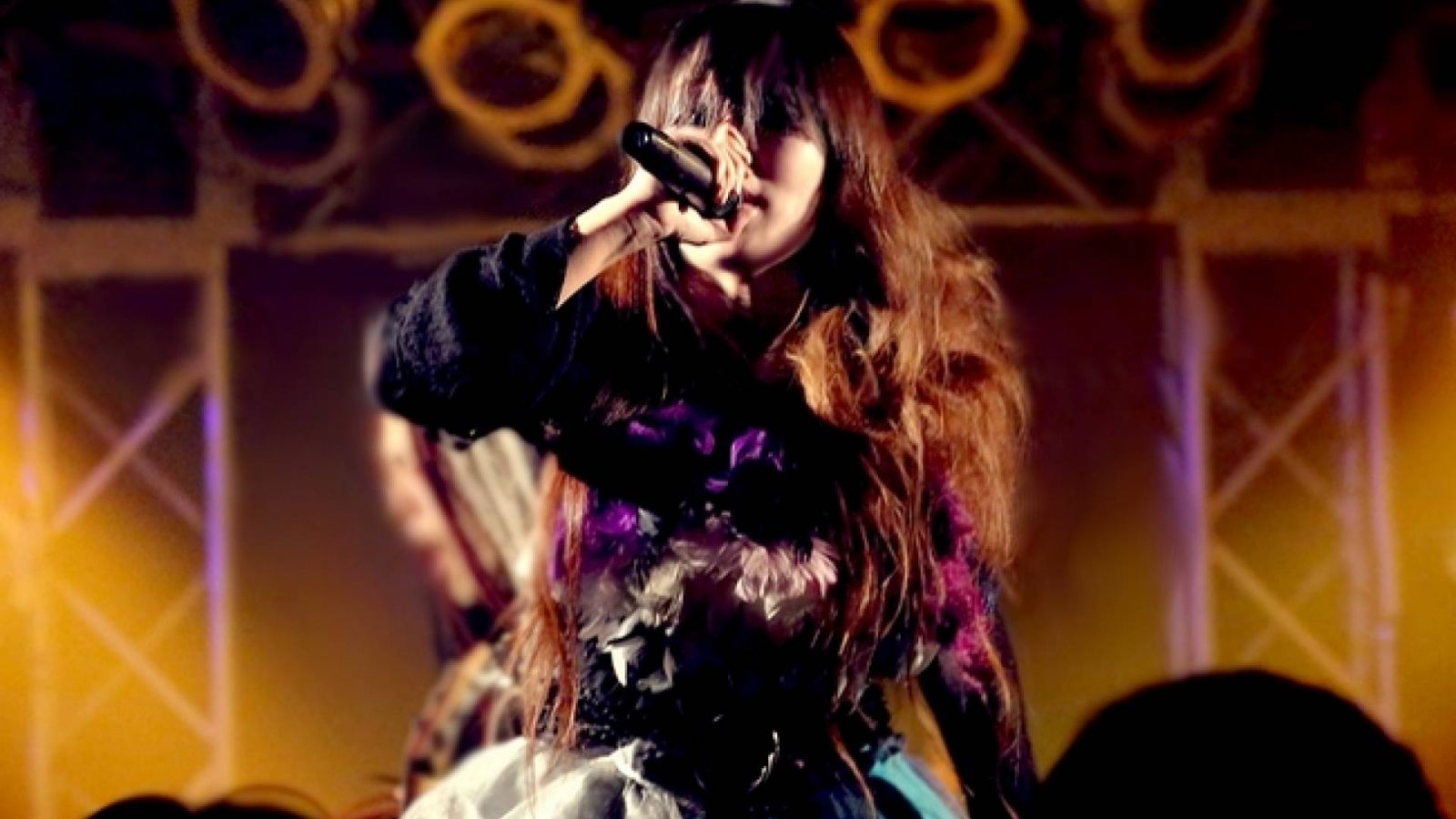
Live Report
SoundWitch enchanted the crowd as they rocked at Kichijoji Crescendo's anniversary show.
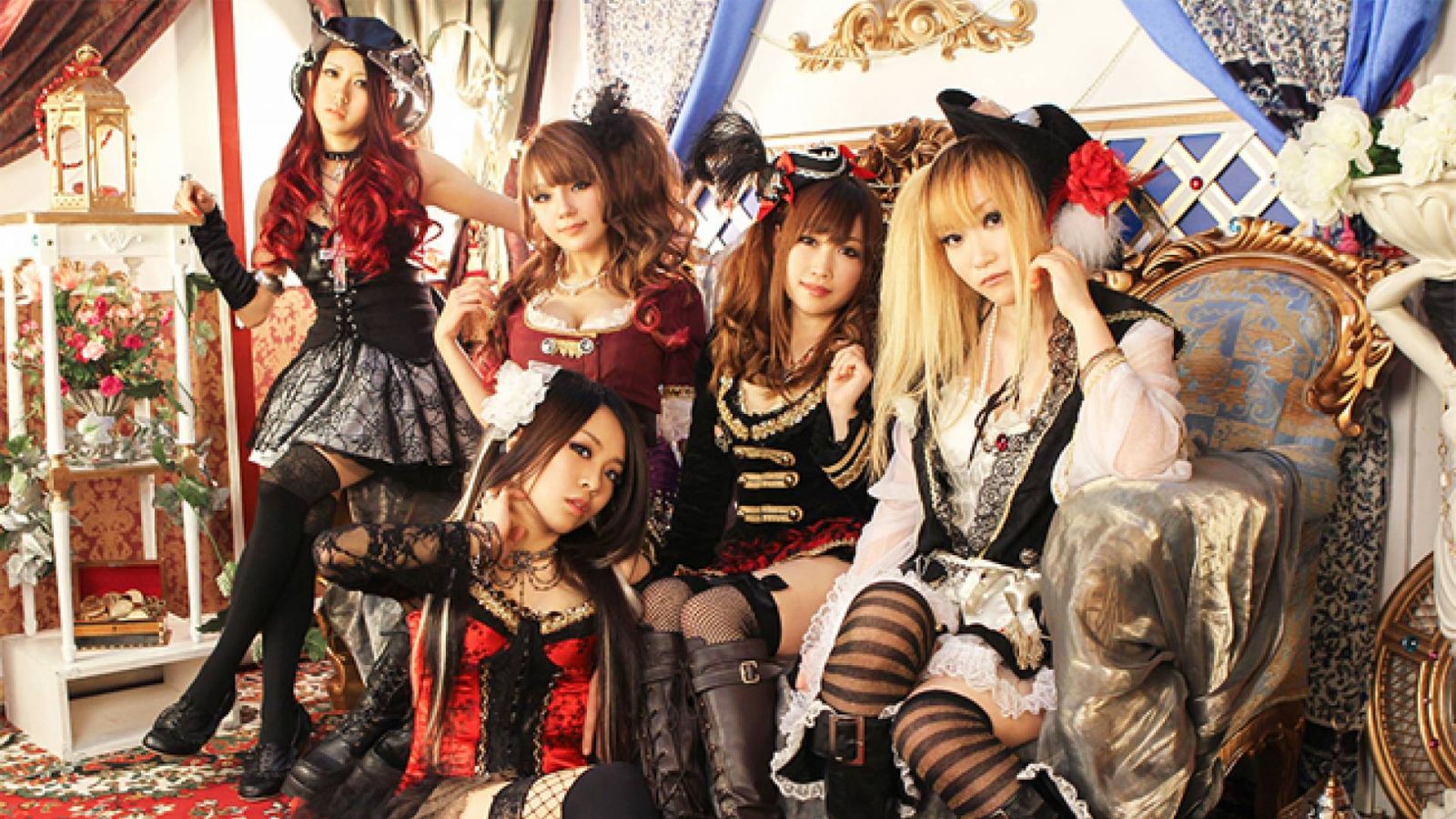
News
All female heavy metal / hard rock band DESTROSE will perform live for the first time in the US in August at Tokyo in Tulsa.
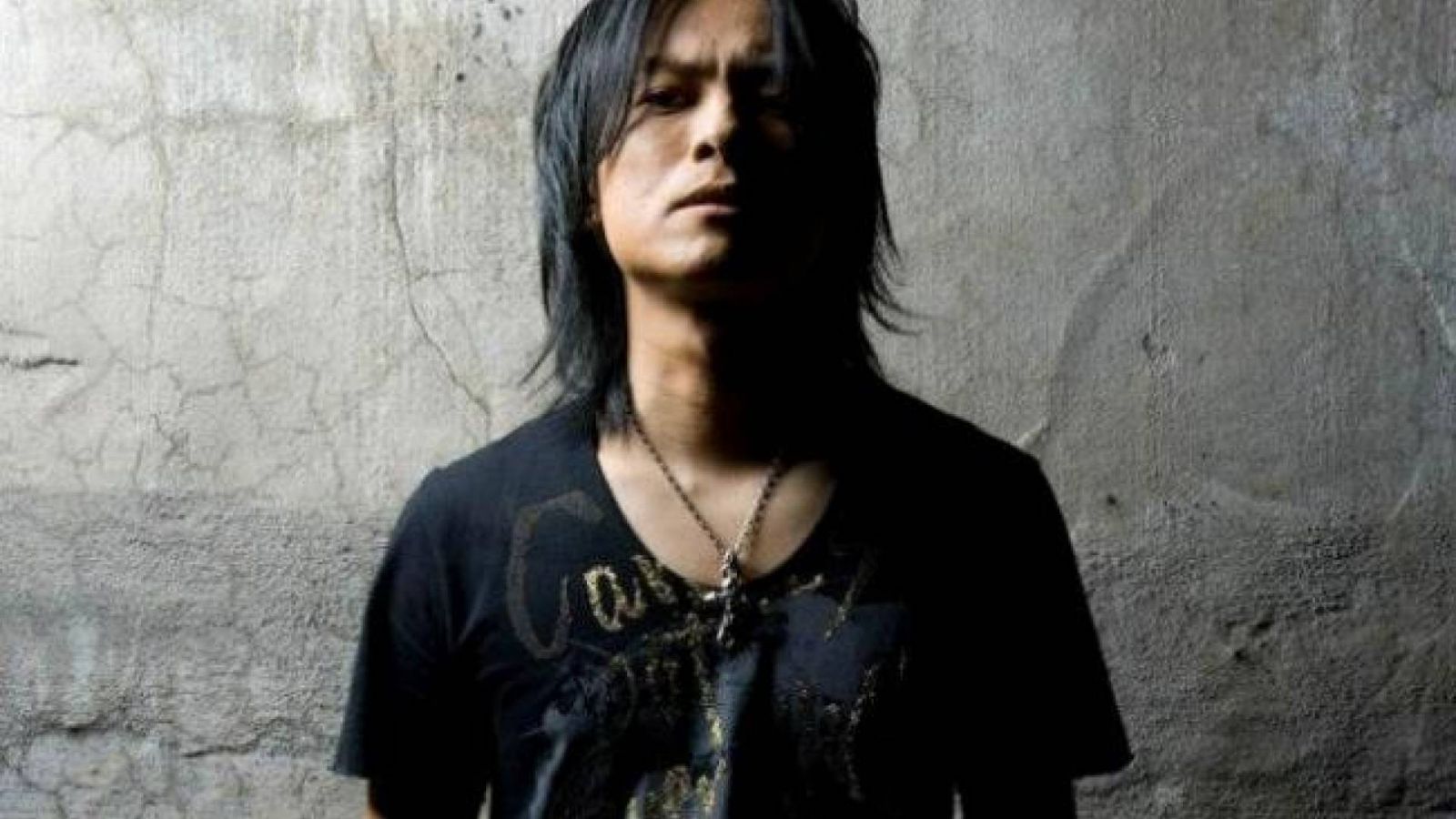
Interview
The ex-vocalist of Galneryus told us about his plans to conquer Europe.
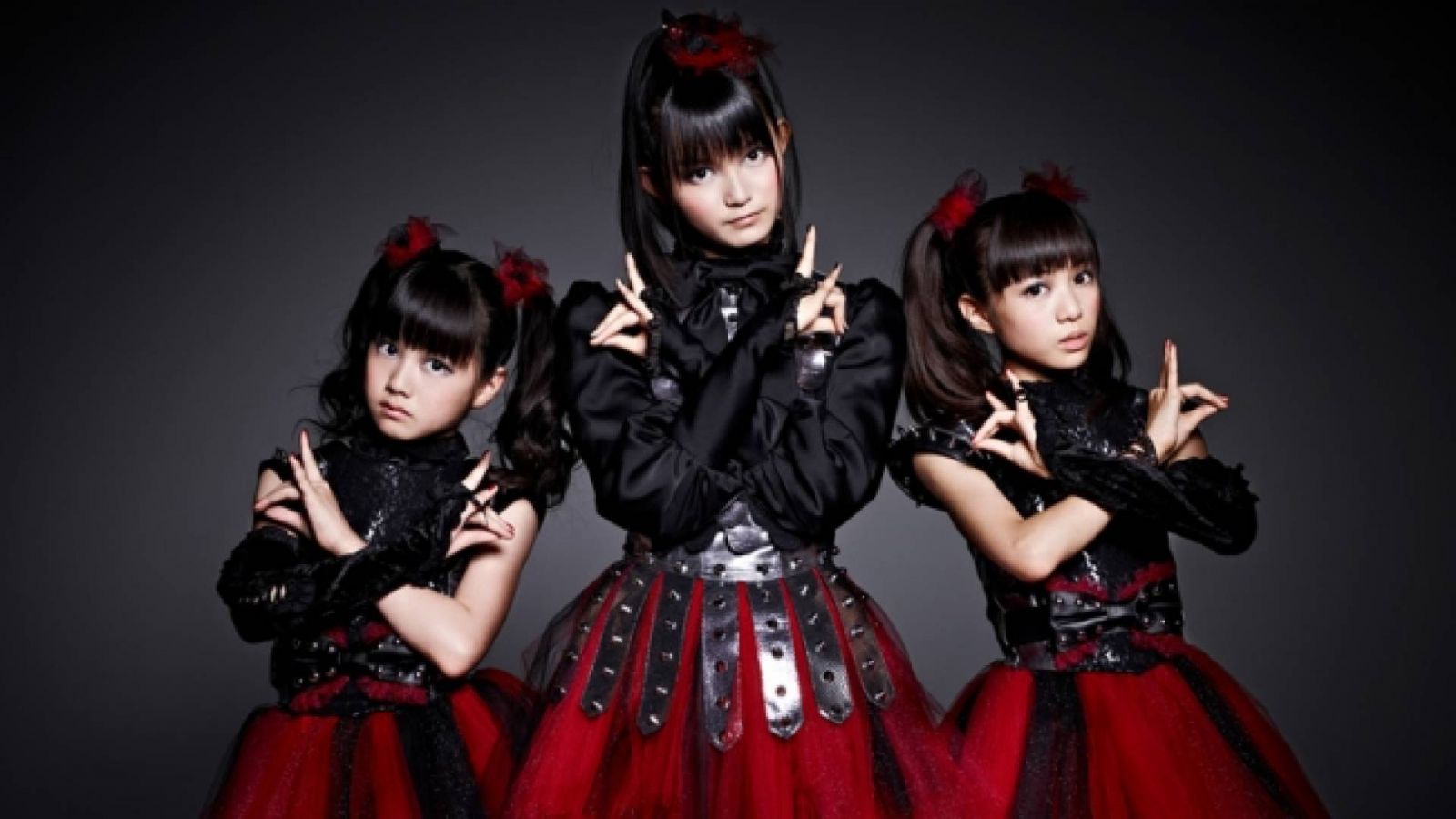
Interview
Just before their major debut, we interviewed 'Kawaii' metal girlgroup BABYMETAL in order to get to know this unique project.
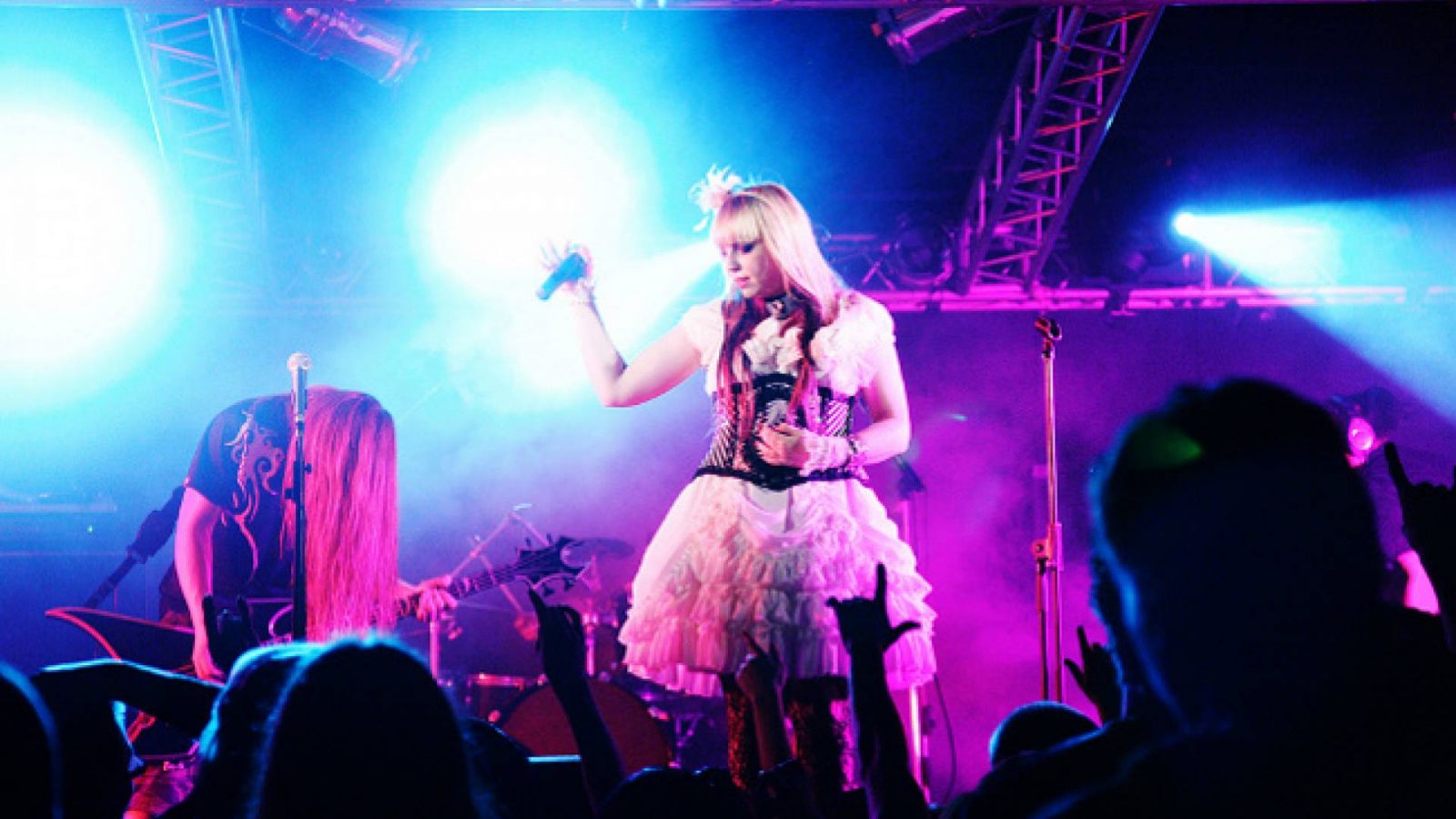
Interview
The band answered some questions for JaME after their Russian-Ukranian tour.
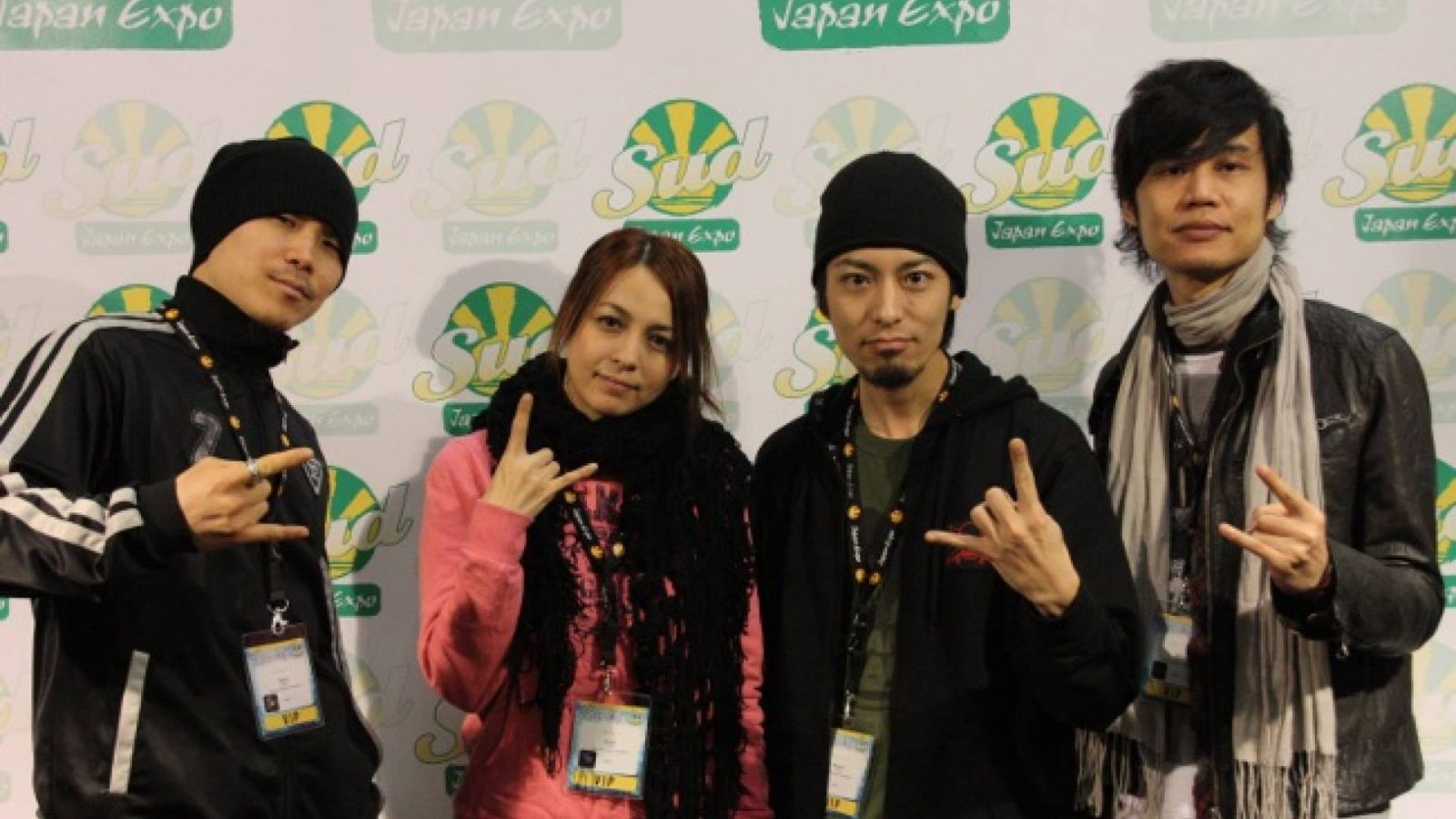
Interview
The four HEAD PHONES PRESIDENT members answered our questions during a convention South of France.
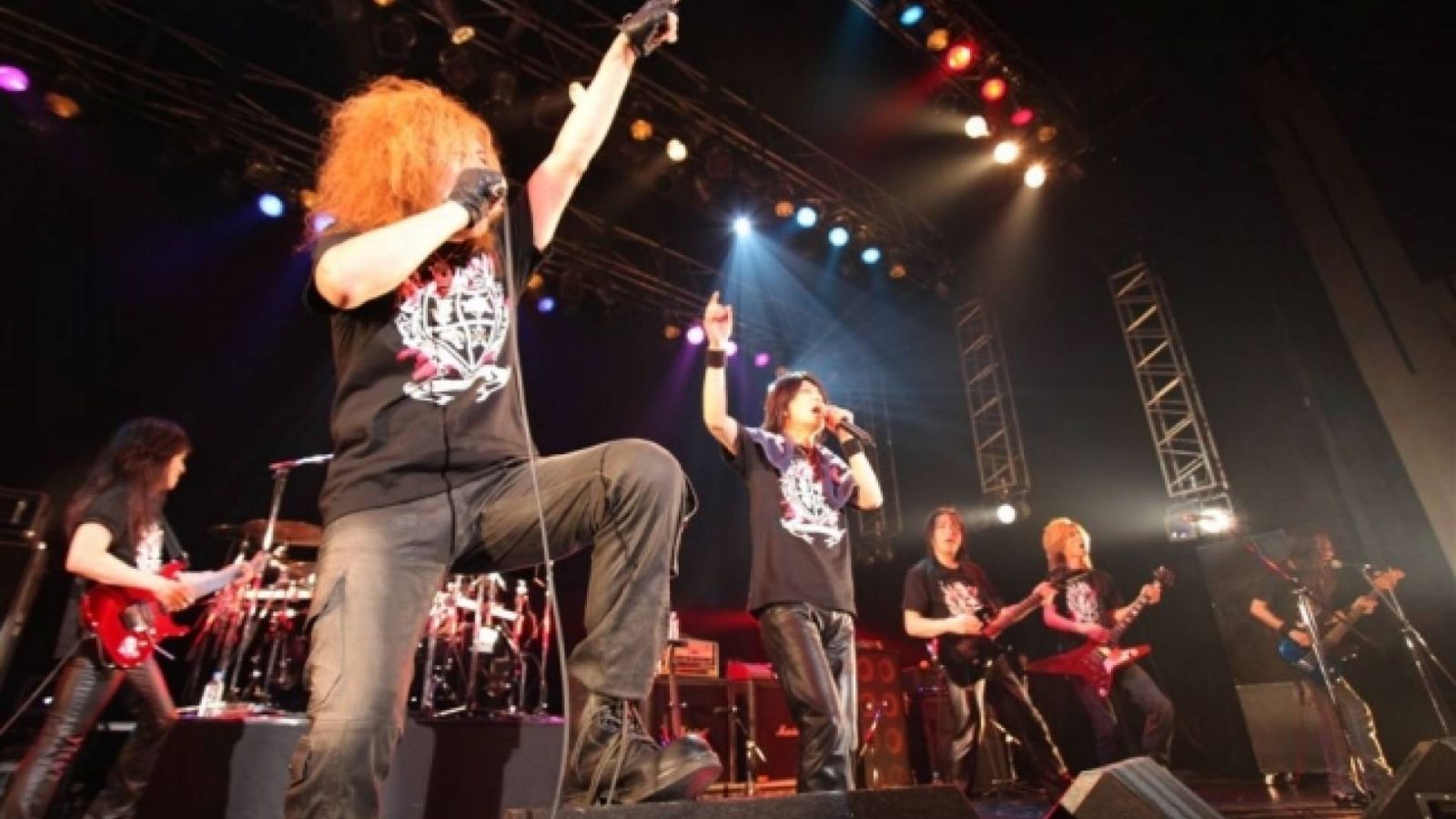
Live Report
Metal fans gathered at Club Citta for a line-up both classic and fresh, putting the et al in metal.
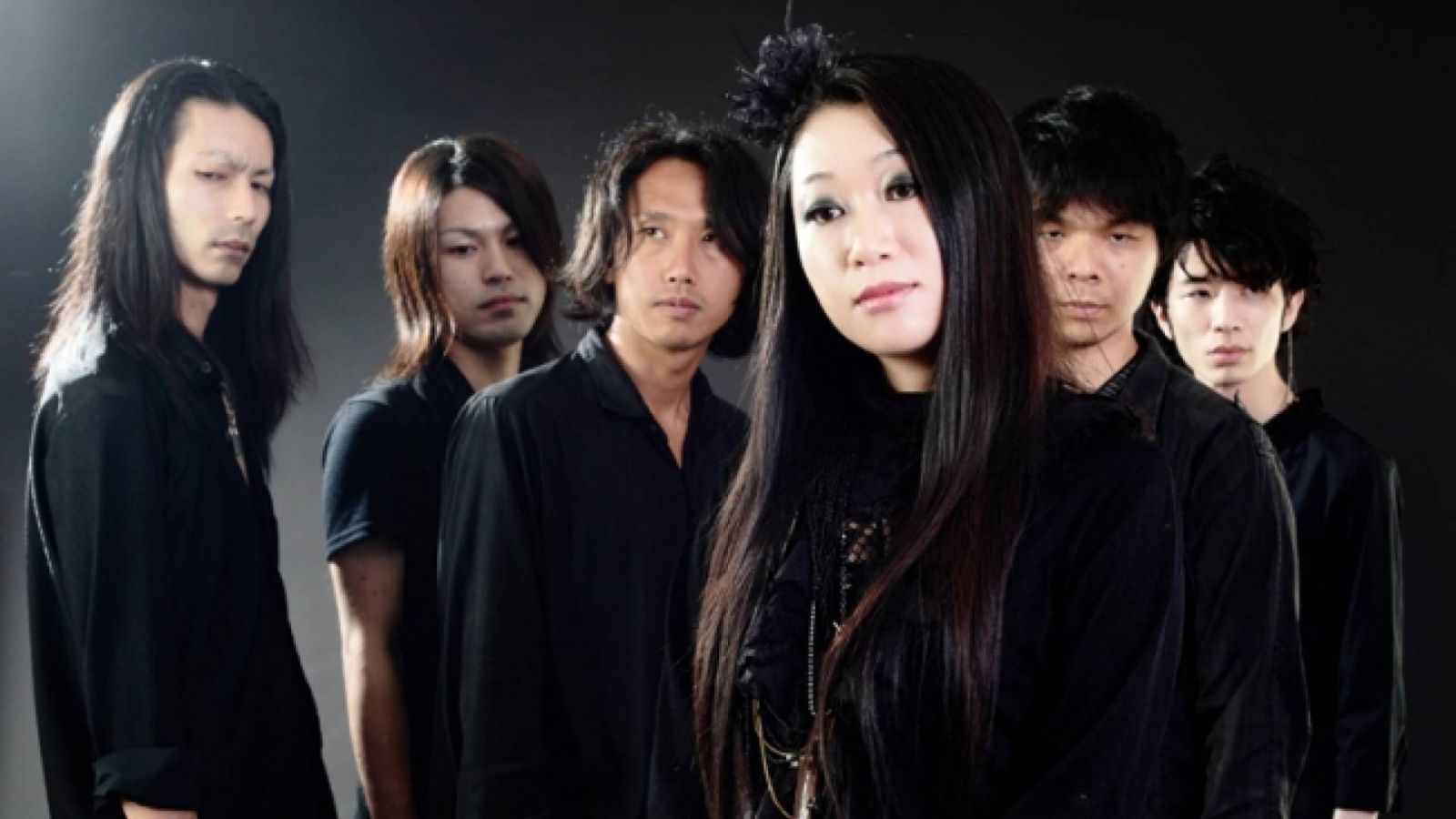
Interview
Okinawan metal band TAIA shares about their formation, music and future.
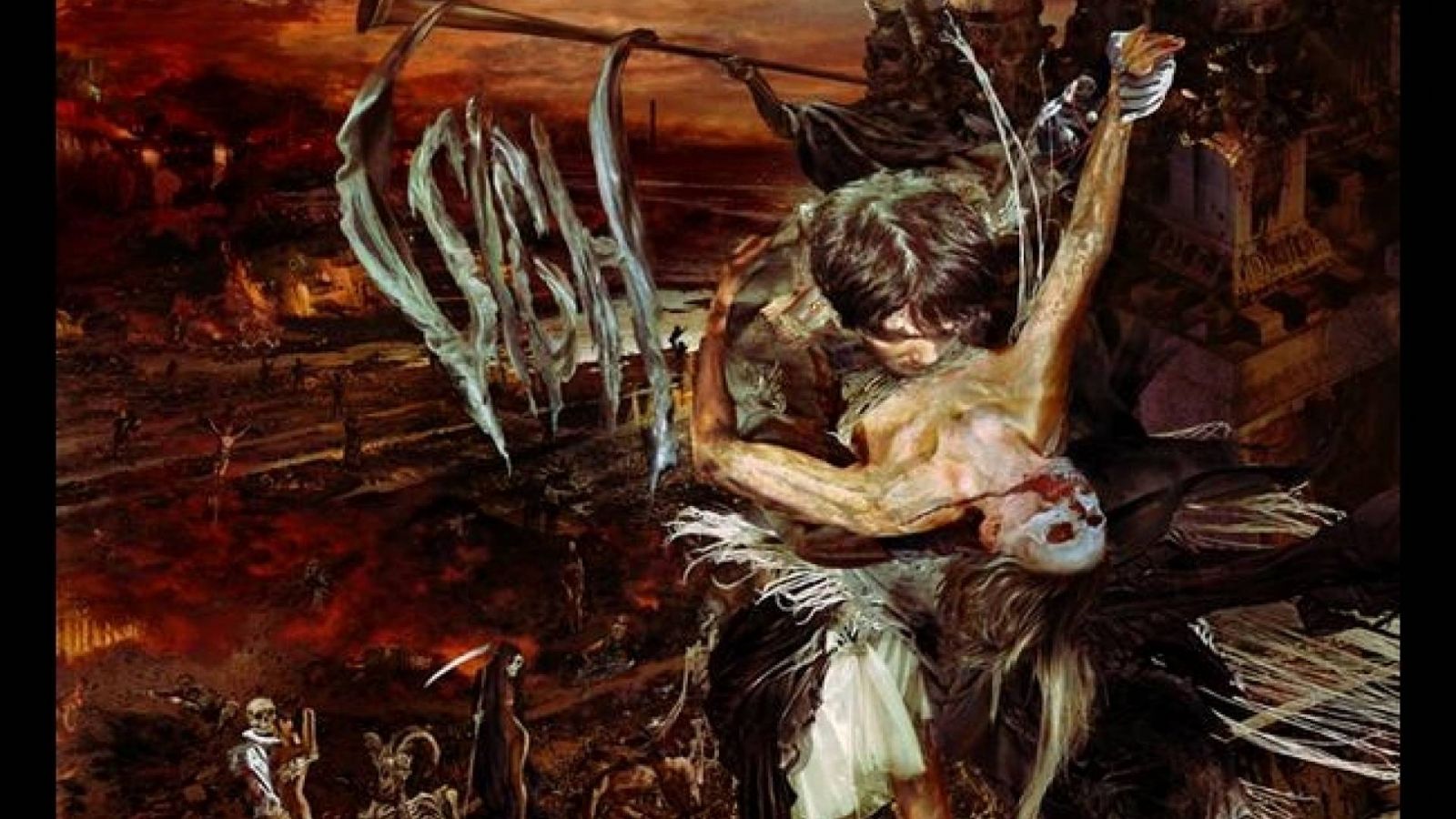
Interview
While waiting for his performance in Finland in April, Mirai Kawashima of Sigh told us about his band’s newest album, Japanese metal scene and his side projects.
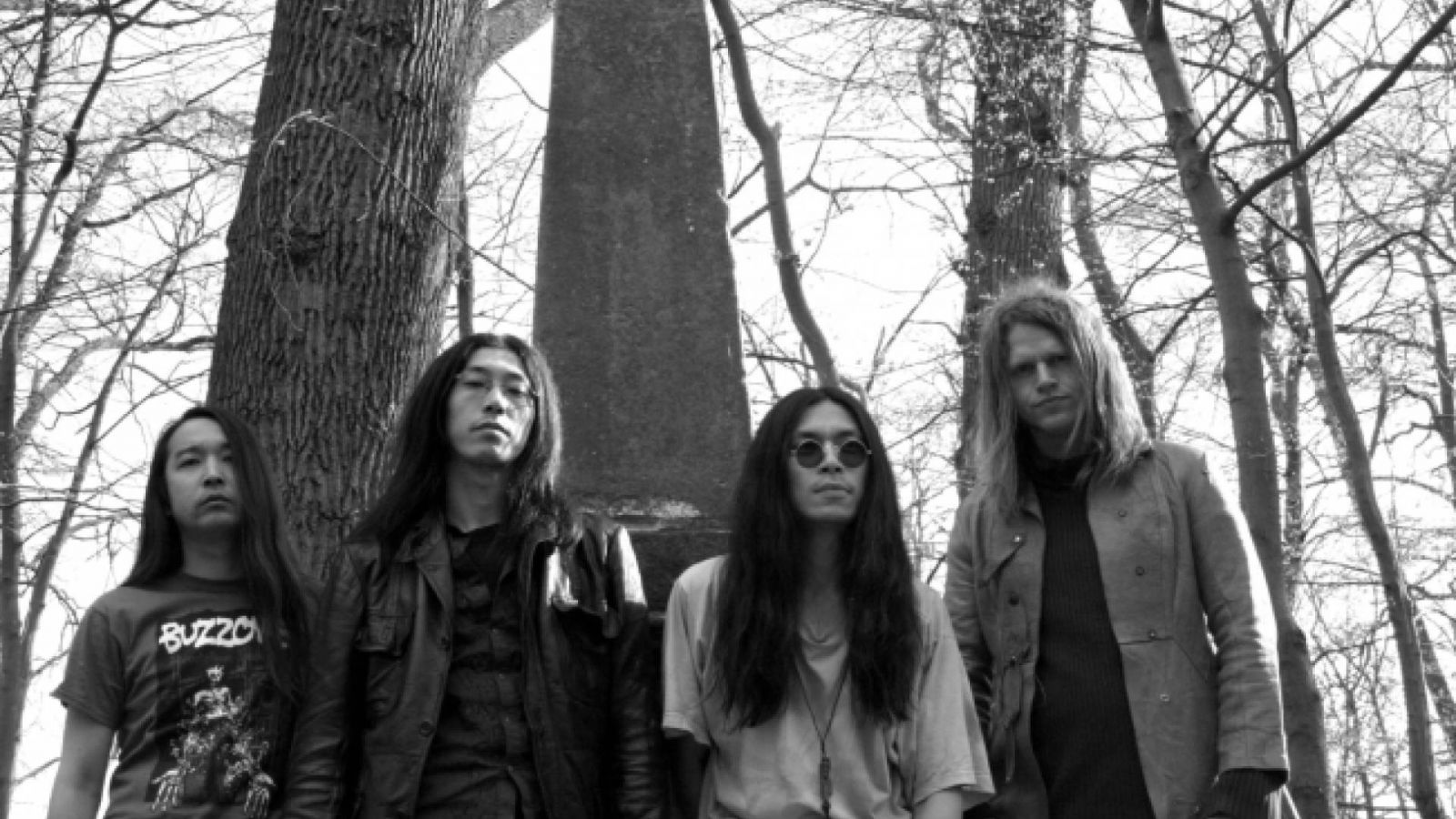
Interview
Church of Misery, a metal band that dedicates their songs to serial killers, is looking forward to touring Europe.
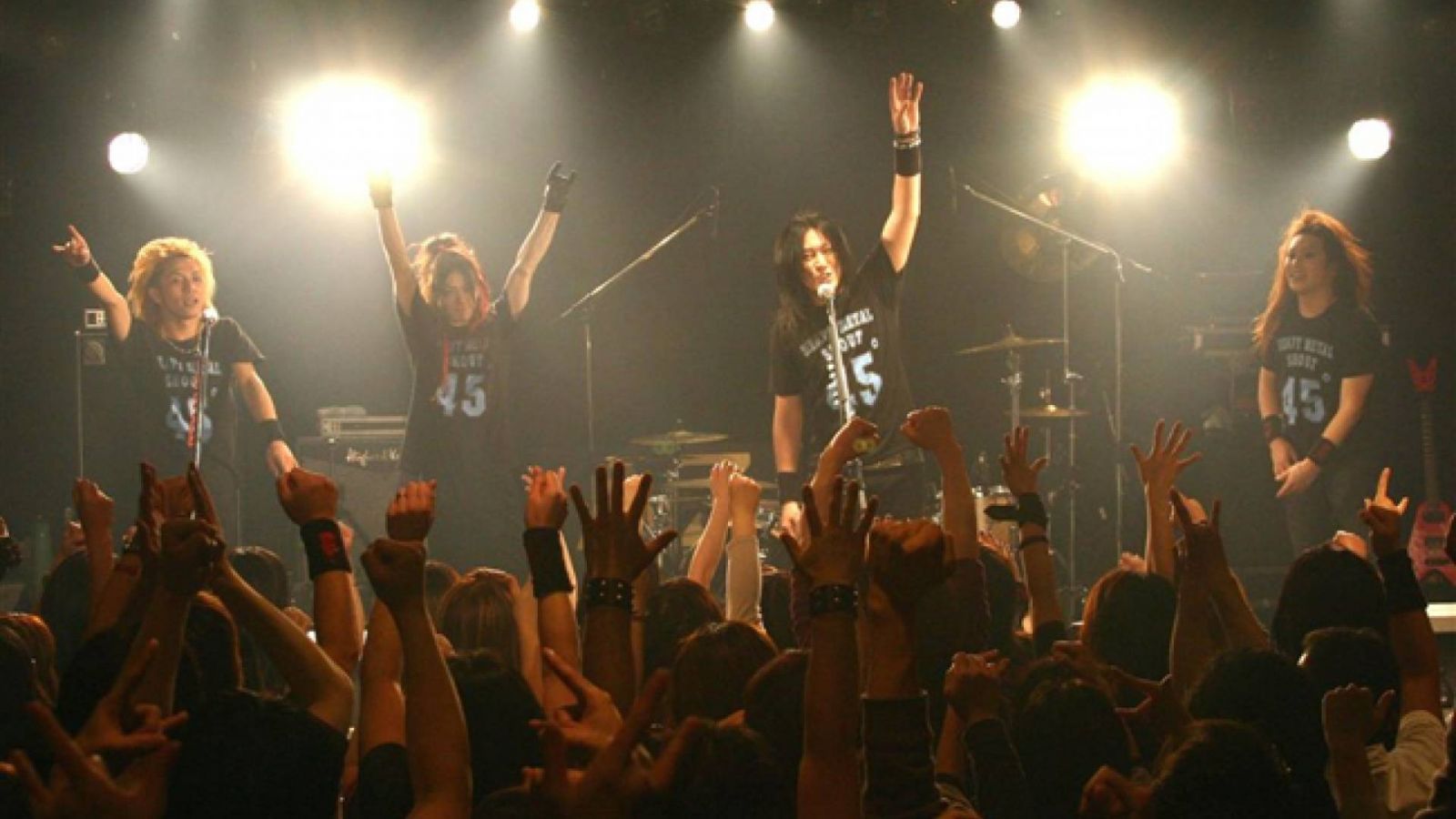
Live Report
On November 9, 2009, SEX MACHINEGUNS gave an explosive performance in Kanazawa.
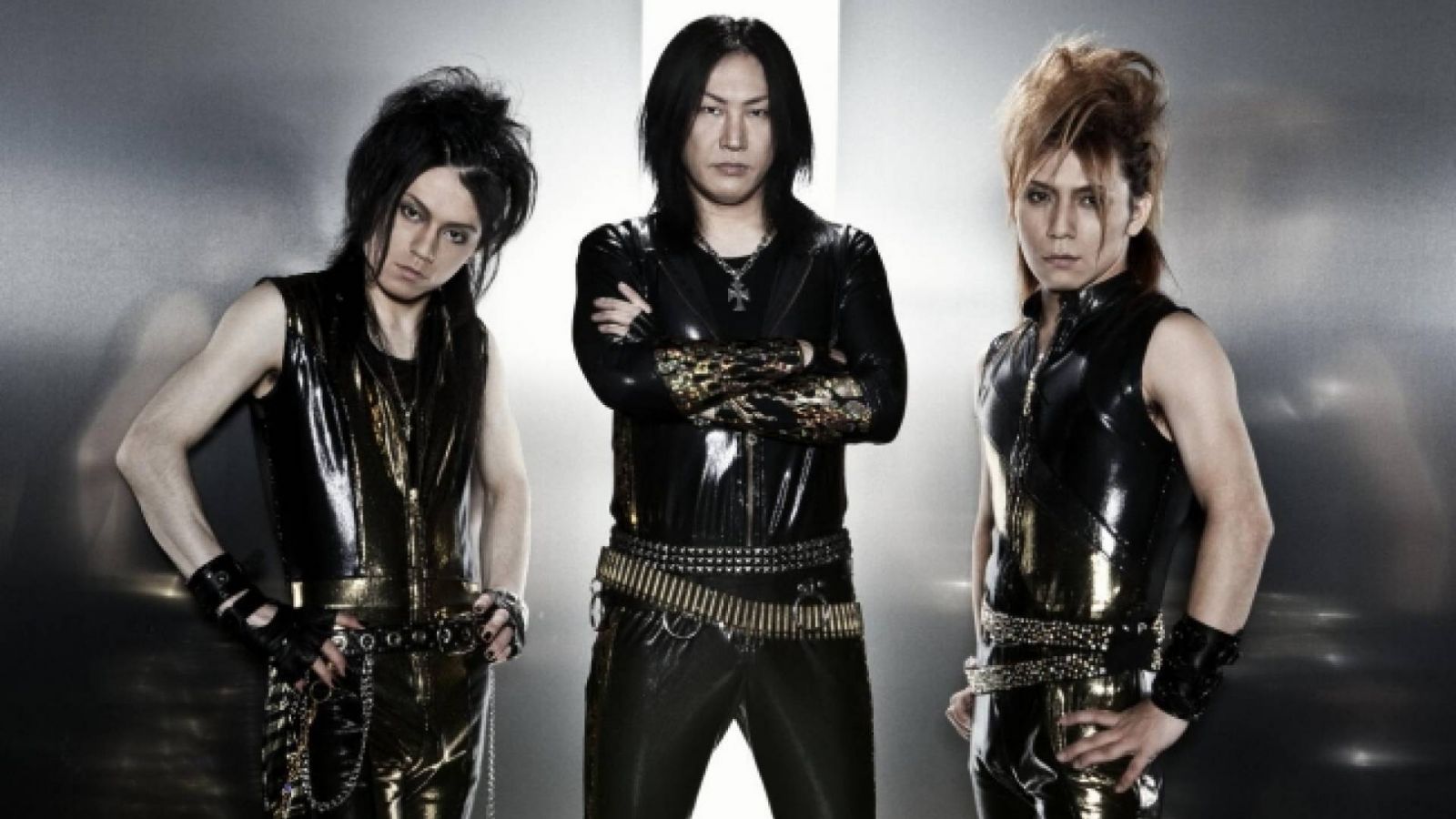
Biography
Eccentric. Hilarious. Bizarre. Over-the-top. These are some of the many terms used when describing the SEX MACHINEGUNS, one of Japans best heavy metal acts.
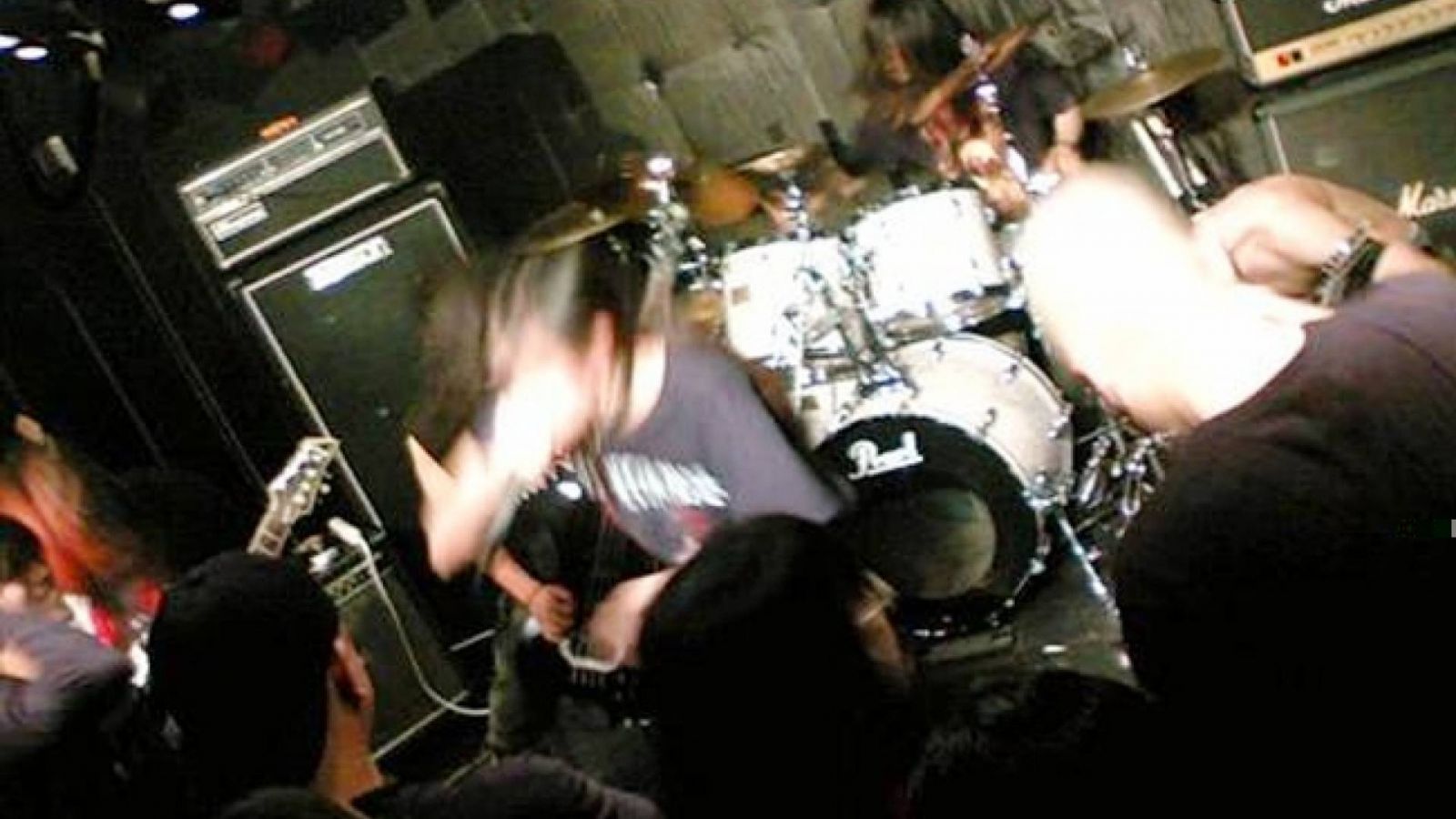
Interview
JaME spoke with the drummer of the death metal/grindcore band Abort Mastication.
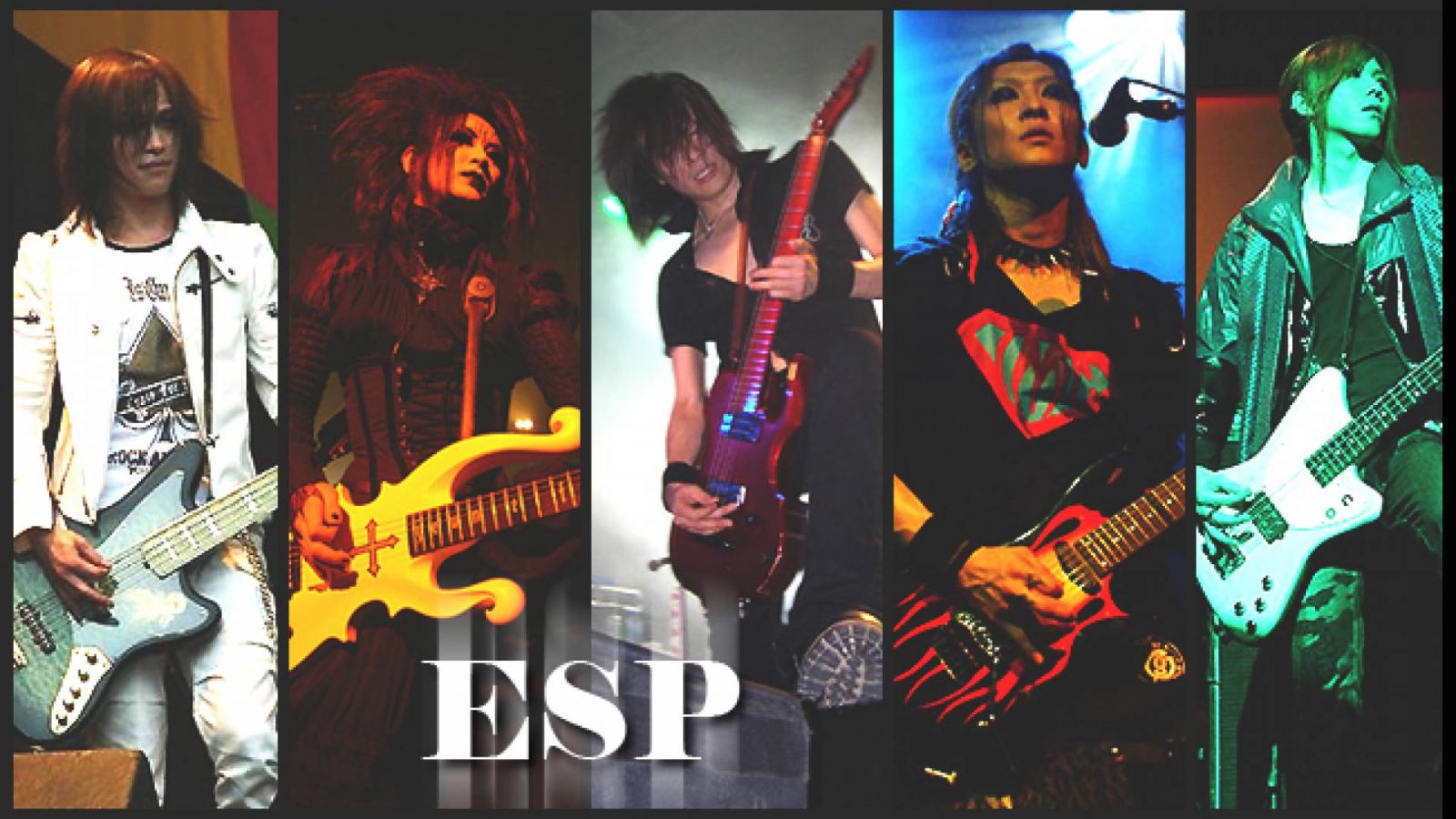
Special
ESP’s guitars are played by many Japanese musicians. This article will reveal all the secrets of the instruments of your favourite musicians!
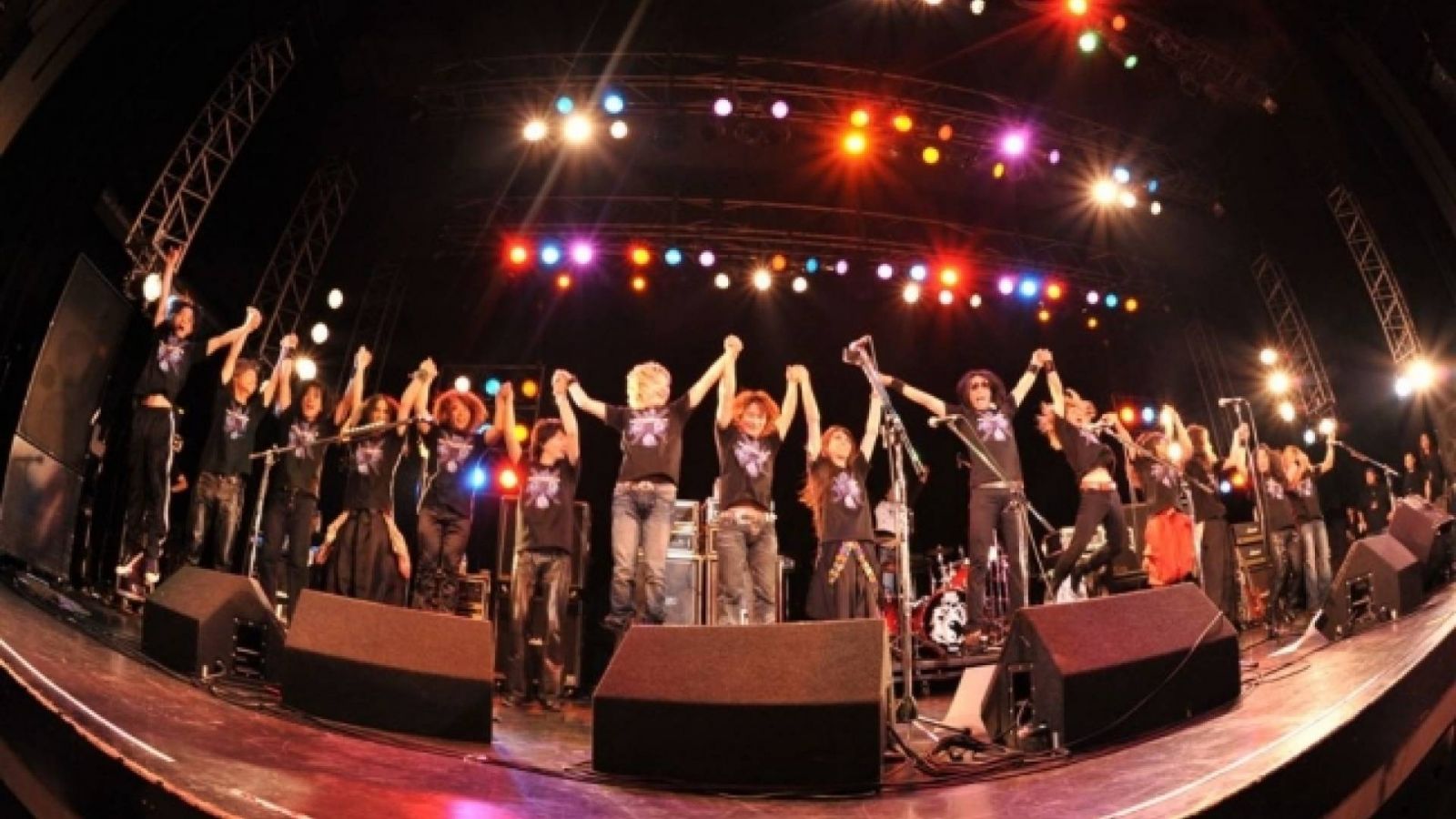
Live Report
CONCERTO MOON, GALNERYUS, SEX MACHINEGUNS and Onmyo-za joined their efforts to celebrate the 10th anniversary of PURE ROCK JAPAN LIVE.
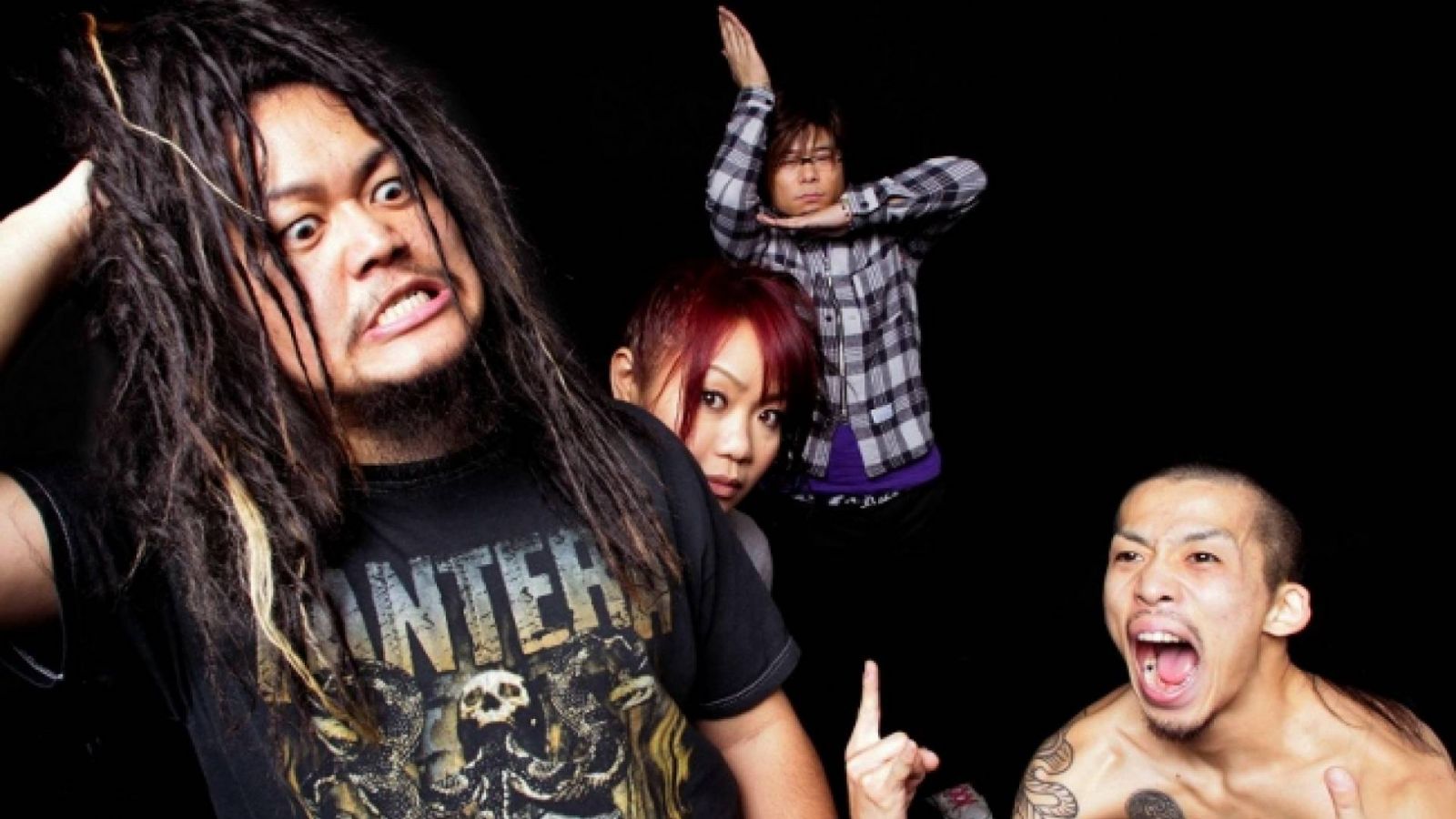
Interview
An interview with one of the most awaited Japanese metal bands in France.
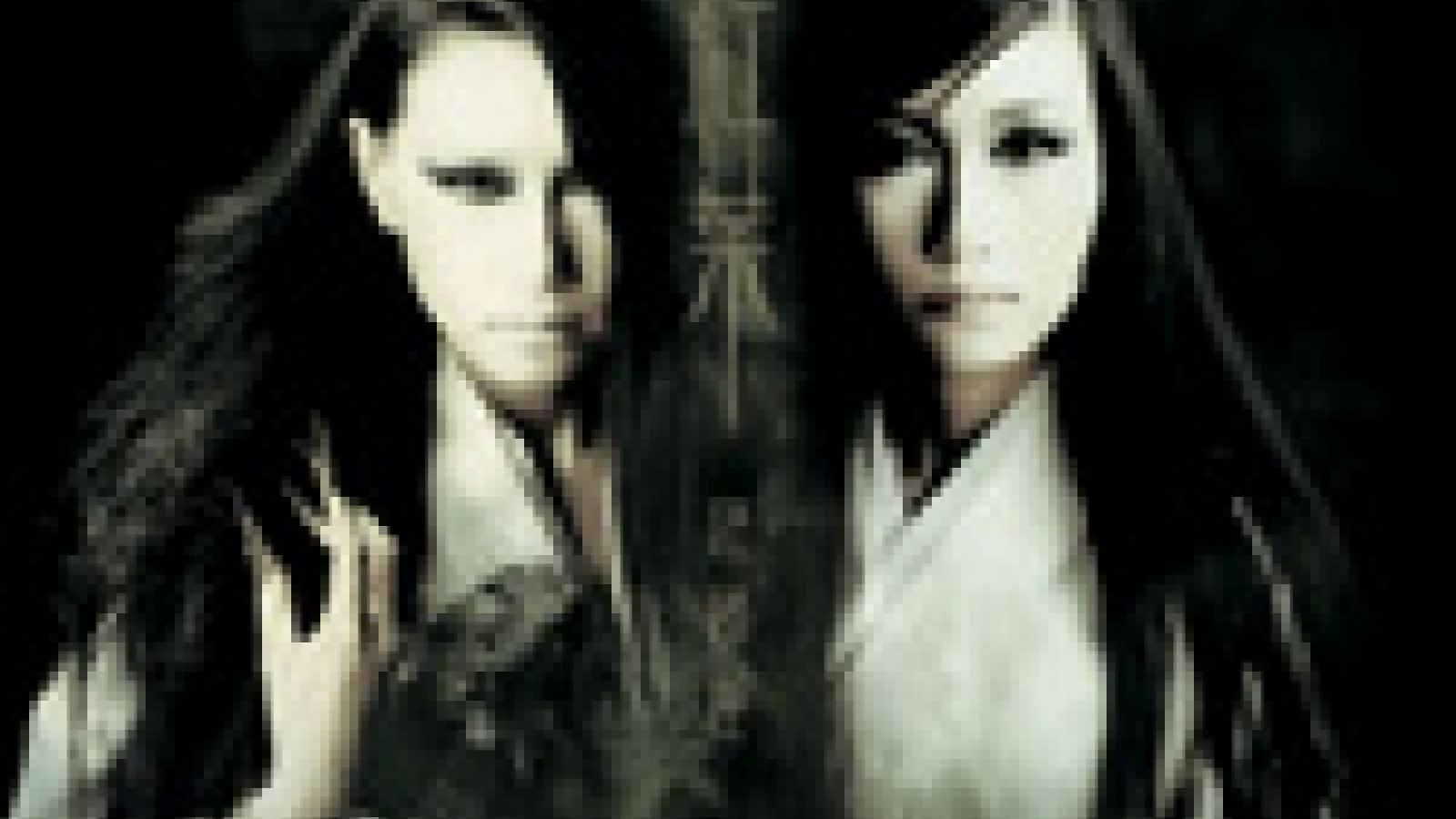
Review
The same-old, same-old from Onmyo-za with their latest release after more than a year.
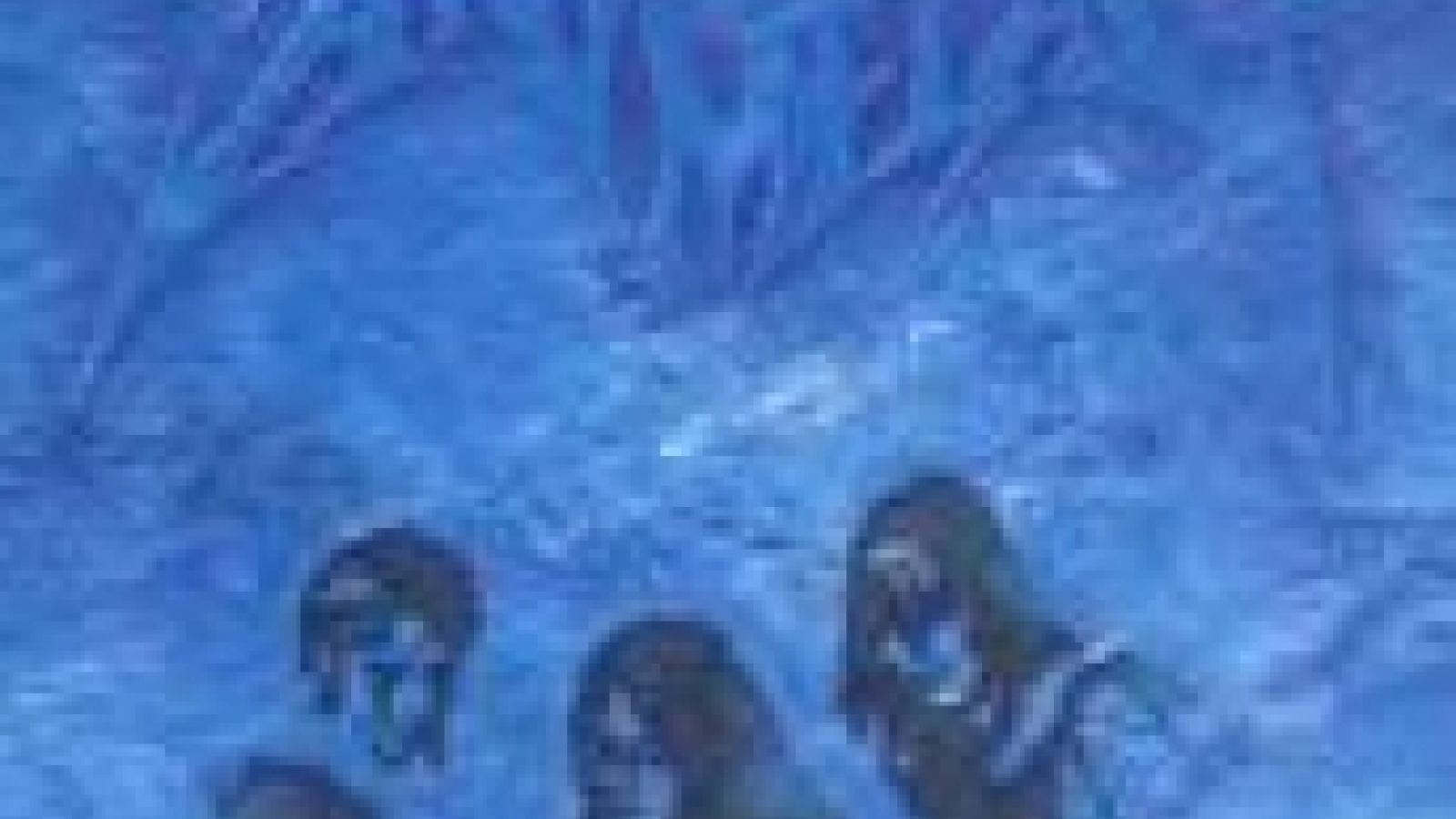
Review
Animetal shows how well metal and anime can match each other.
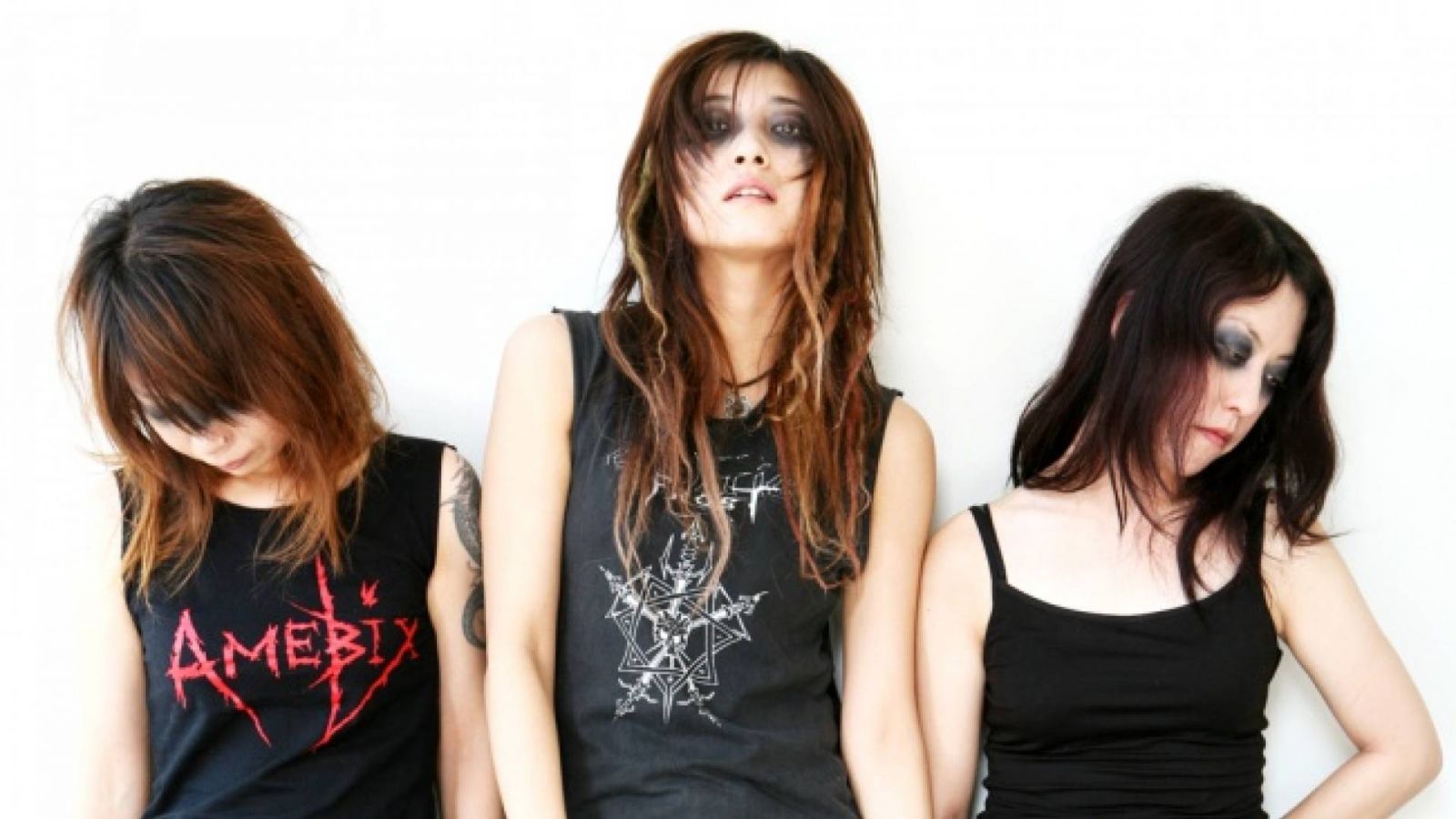
Interview
On their return to the UK, JaME was offered the chance to sit down with the infamous metal trio Gallhammer on March 16th before their live in Liverpool.
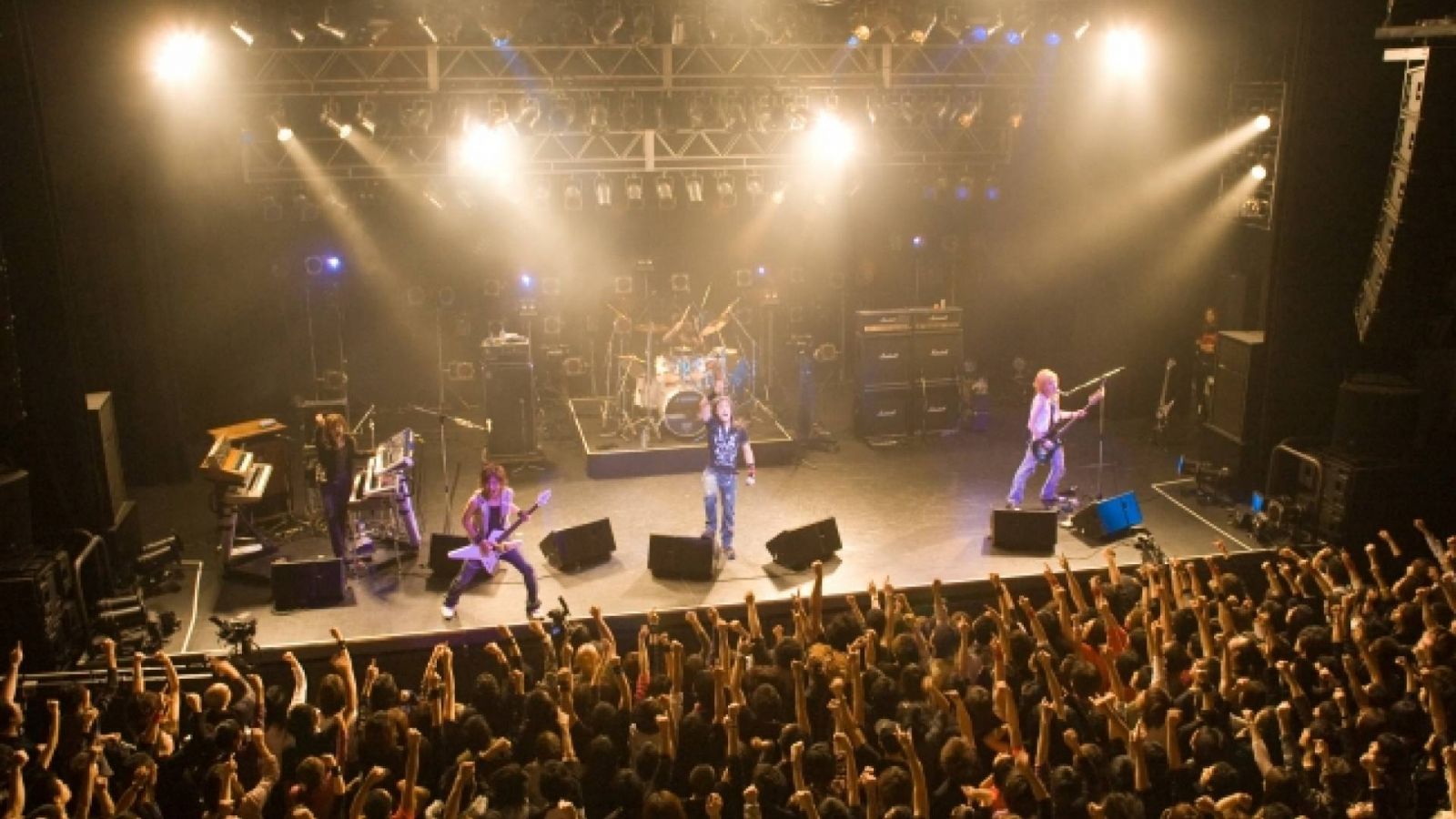
Live Report
Live report of the power metal band's tour final at the Shibuya O-EAST in November.
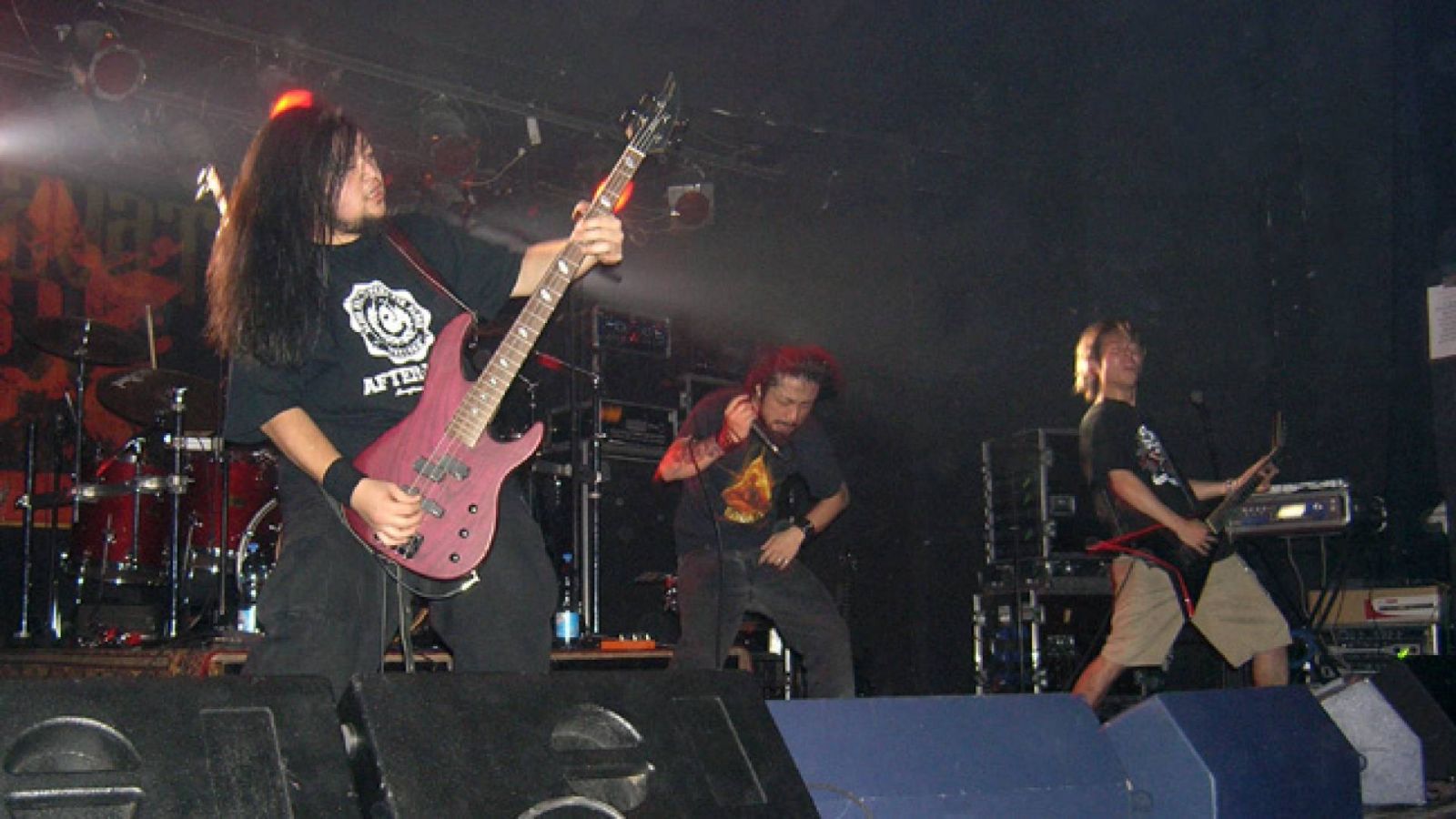
Interview
After the Metalfilia 2007 tour finale, JaME met up with METAL SAFARI's guitarist, Hiro-yuki.

Interview
JaME had a mail interview with Vivian Slaughter, Gallhammer's bassist and vocalist.
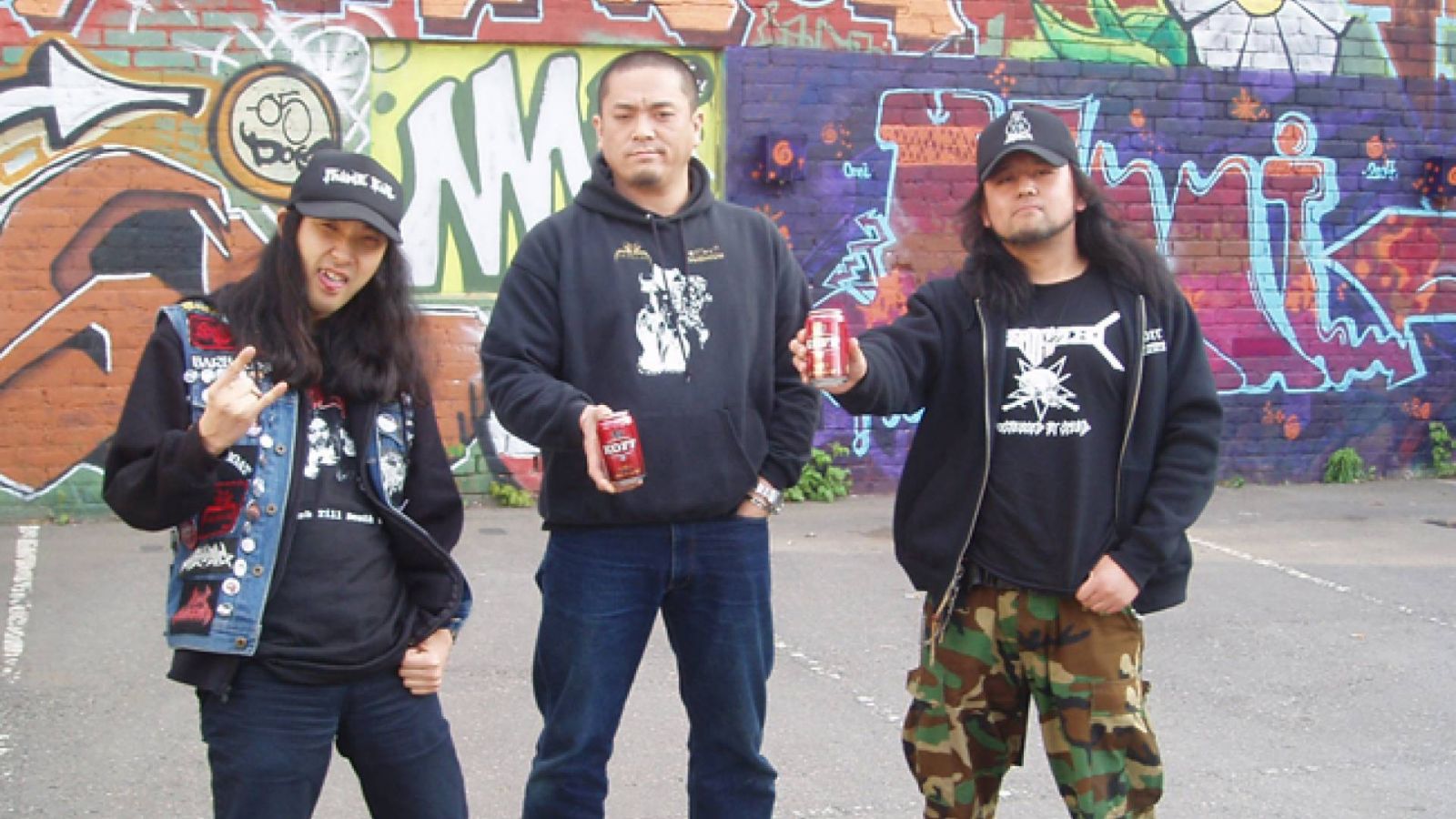
Interview
We had the chance to interview Suzuki Yasuyuki, the founder of ABIGAIL before their gig in Pori, Finland in May 2007.
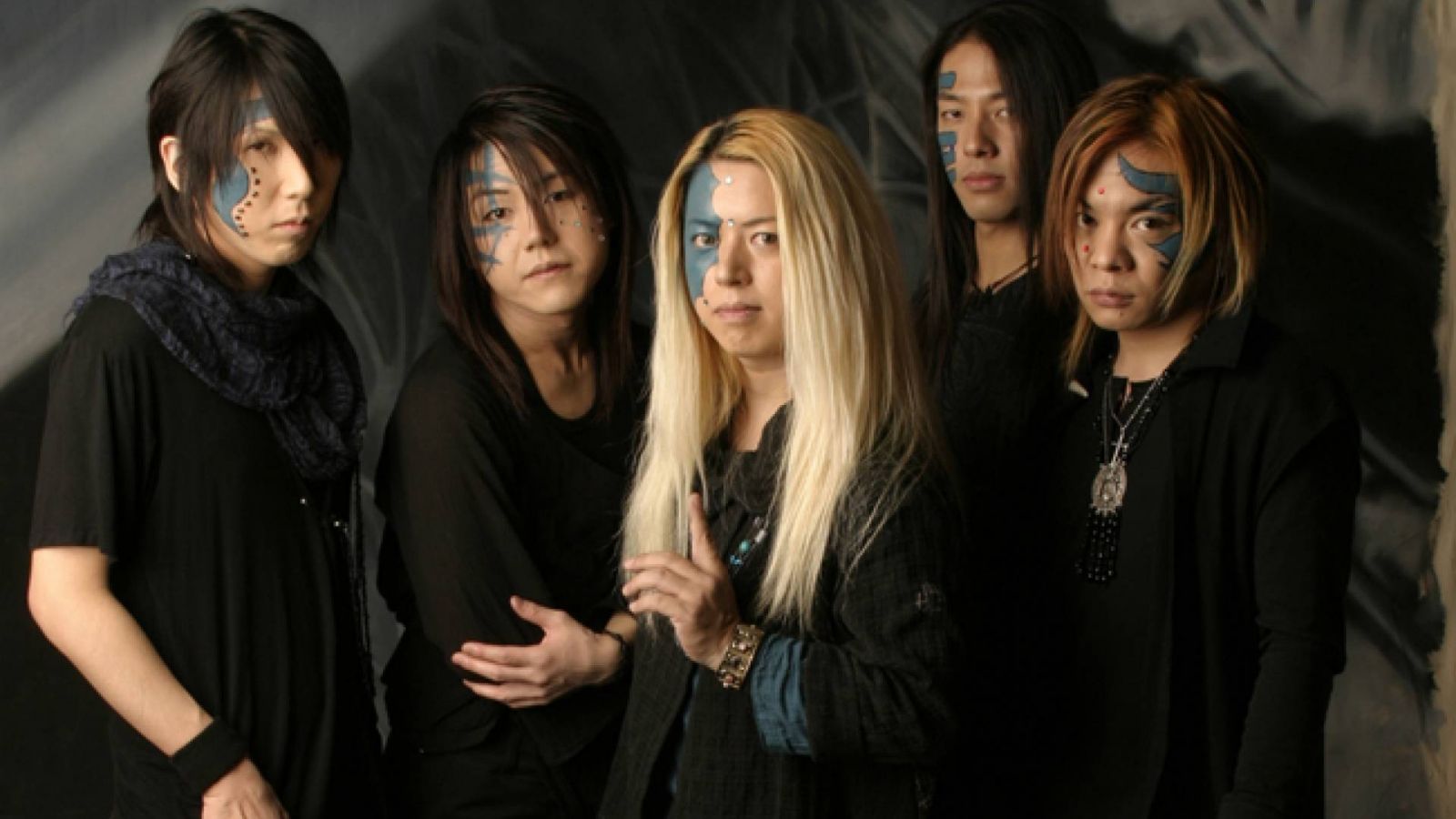
Interview
JaME had an interview with the heavy metal band Atomic Tornado.
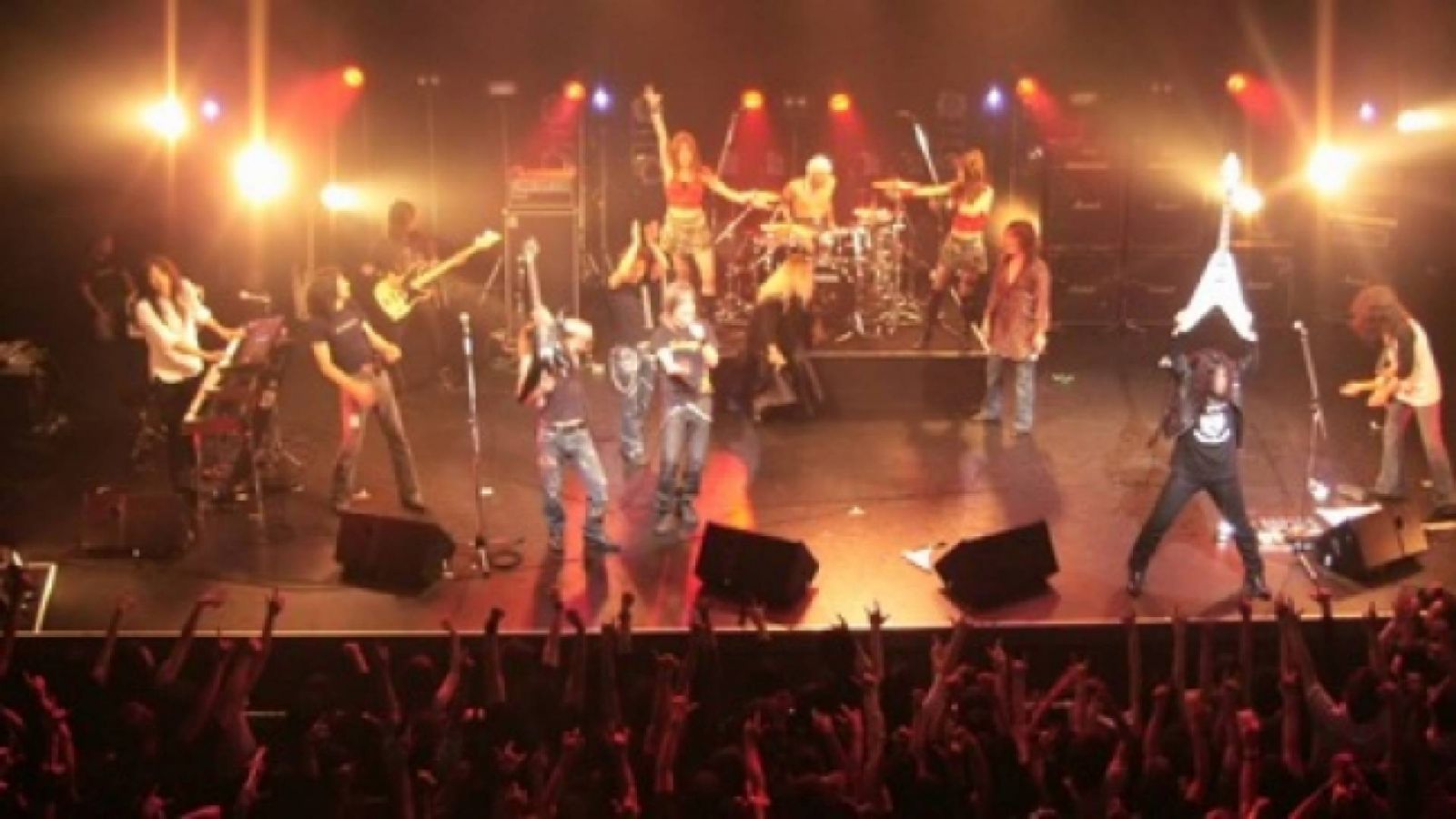
Live Report
Japan clears things up about heavy-metal for your very enjoyment!
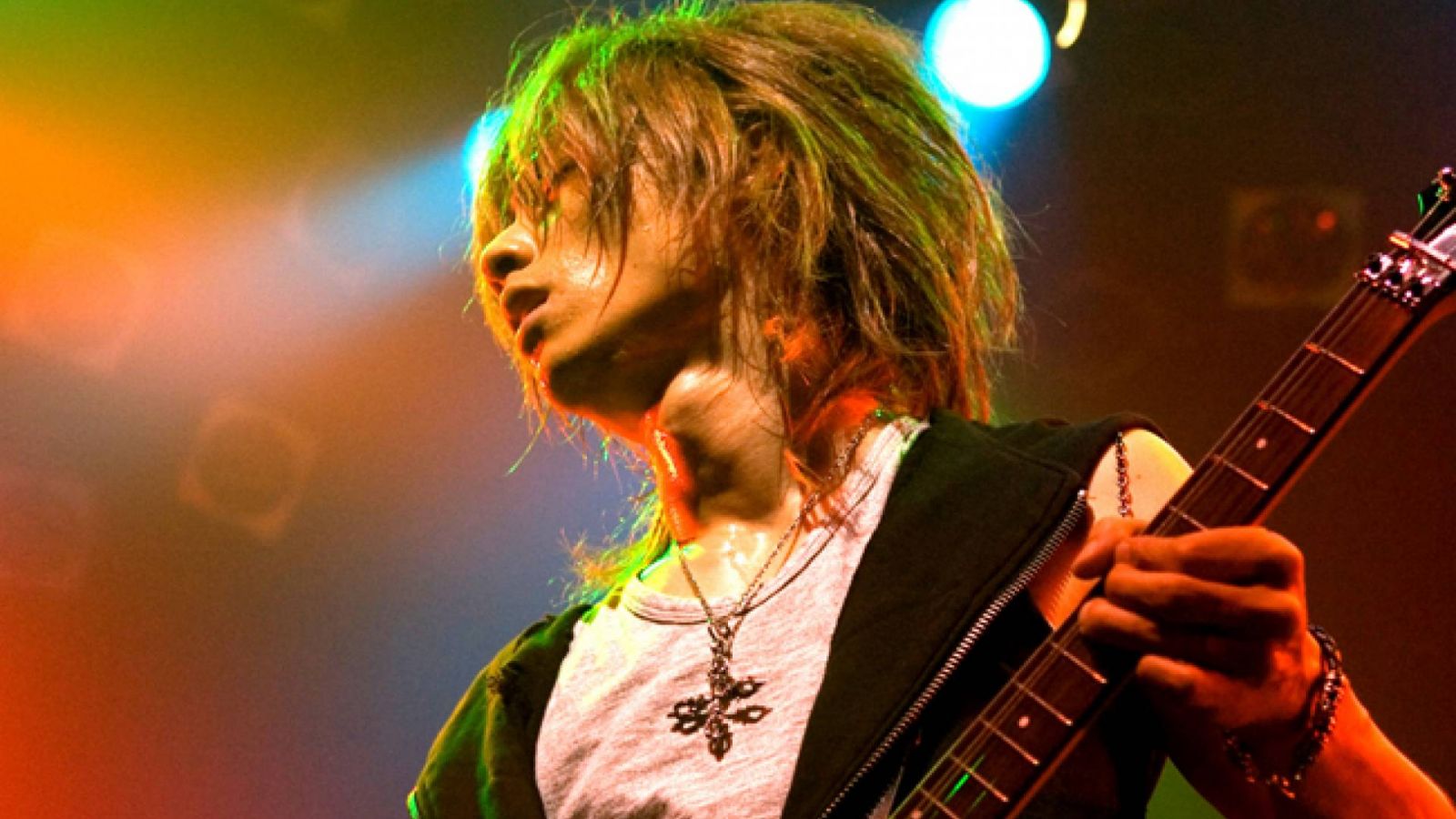
Interview
JaME interviewed guitar hero Syu in Japan, to talk about his bands Aushvitz, Galneryus and ANIMETAL.
![ANIMETAL 10th anniversary live [Songs For Everlasting Future] tour final in Zepp Tokyo © Animetal](https://www.jame-world.com/media/image/2006-12/_16-9_1757.jpg)
Live Report
Live report of ANIMETAL's tour final on October 22nd.
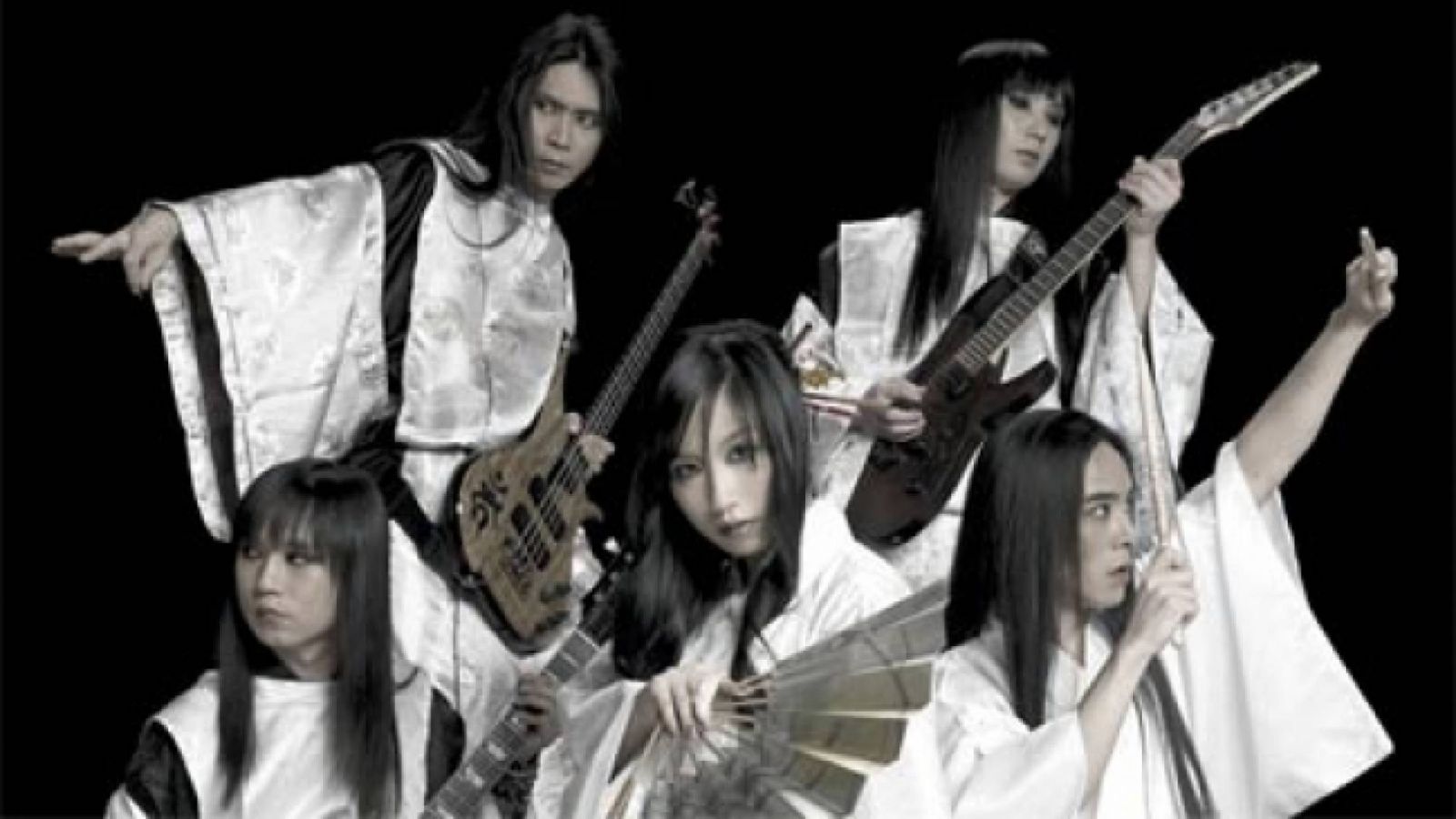
Interview
JaME's exclusive pre-tour interview with the Yokai Heavy Metal Band Onmyo-za.
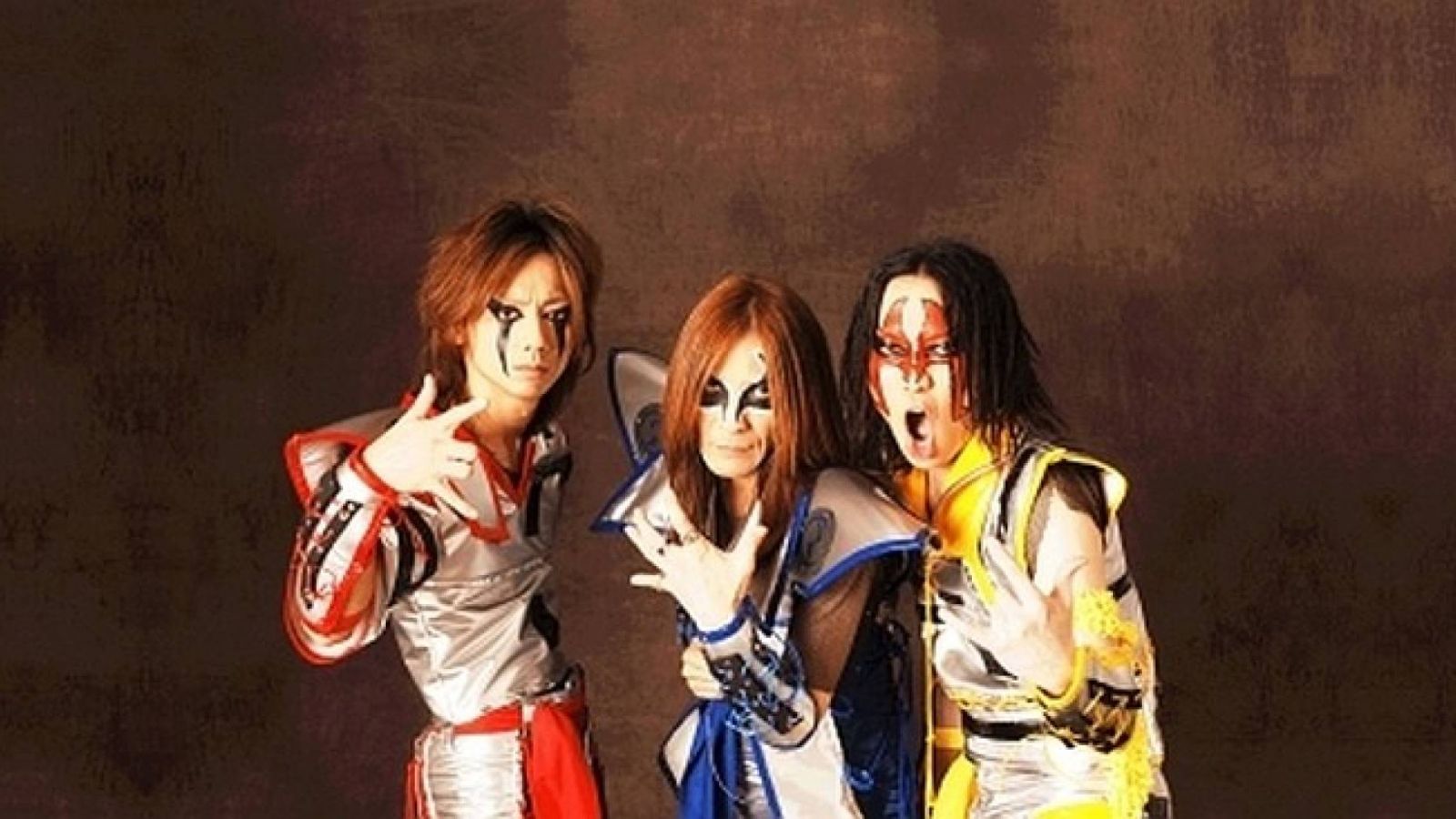
Interview
Interview with the three members of ANIMETAL, one day before their first overseas performance in Paris.
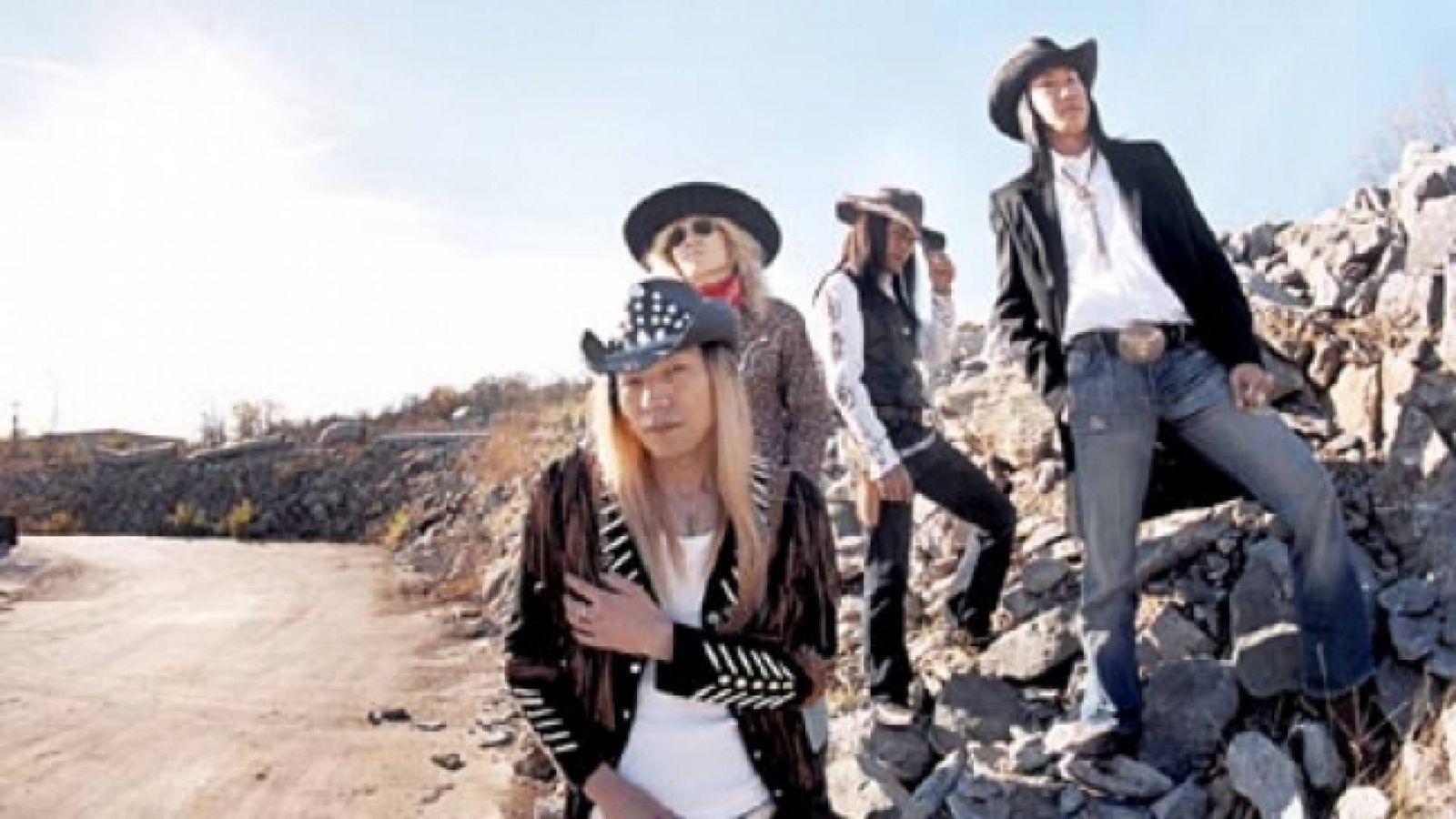
Live Report
Live report of the SEX MACHINEGUNS in Japan.
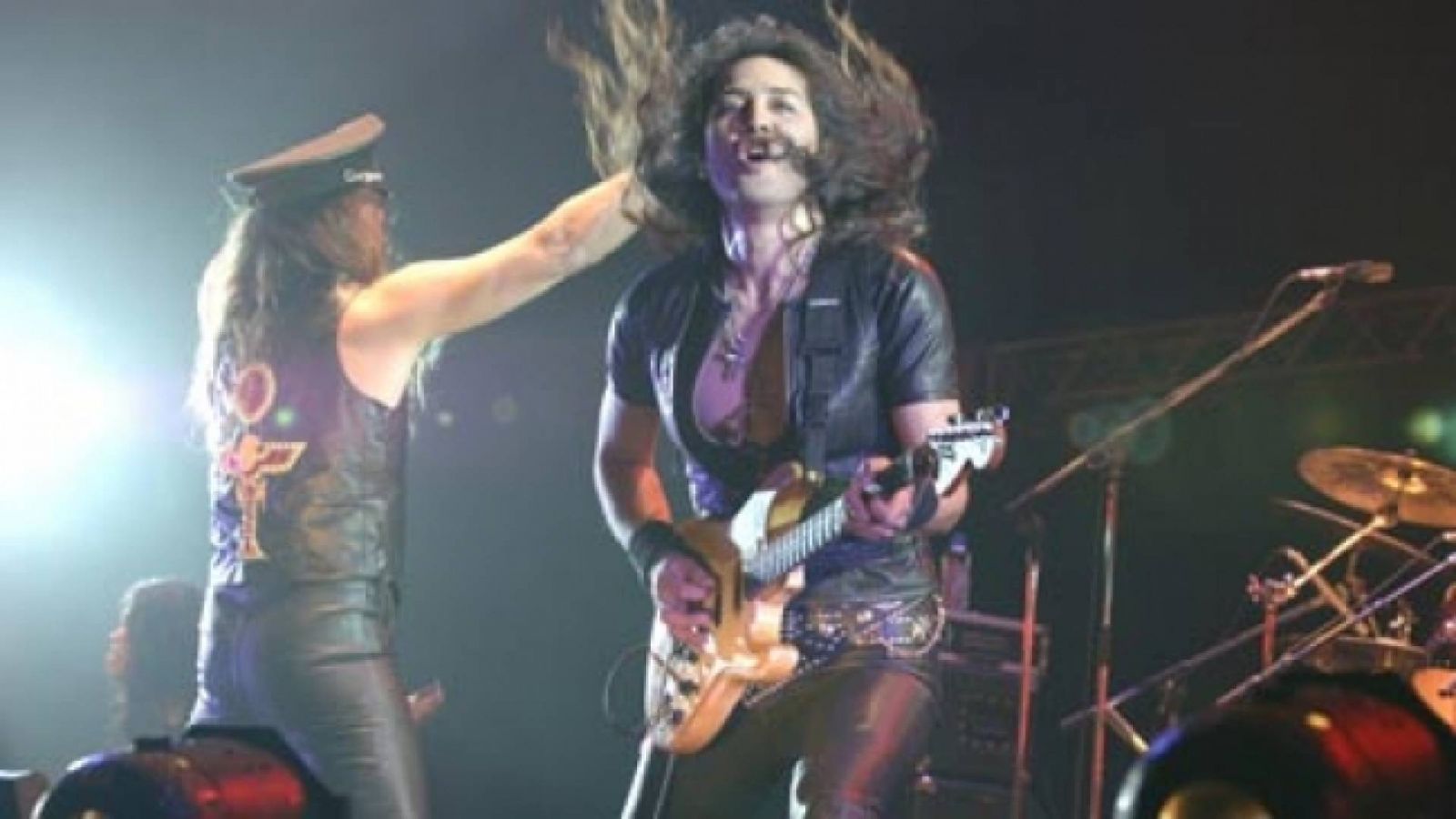
Interview
Metal guitarist Hideaki Nakama spoke to us about HellnBack during an exclusive interview in Japan

Interview
JaME interviewed the members of SEX MACHINEGUNS in Japan.
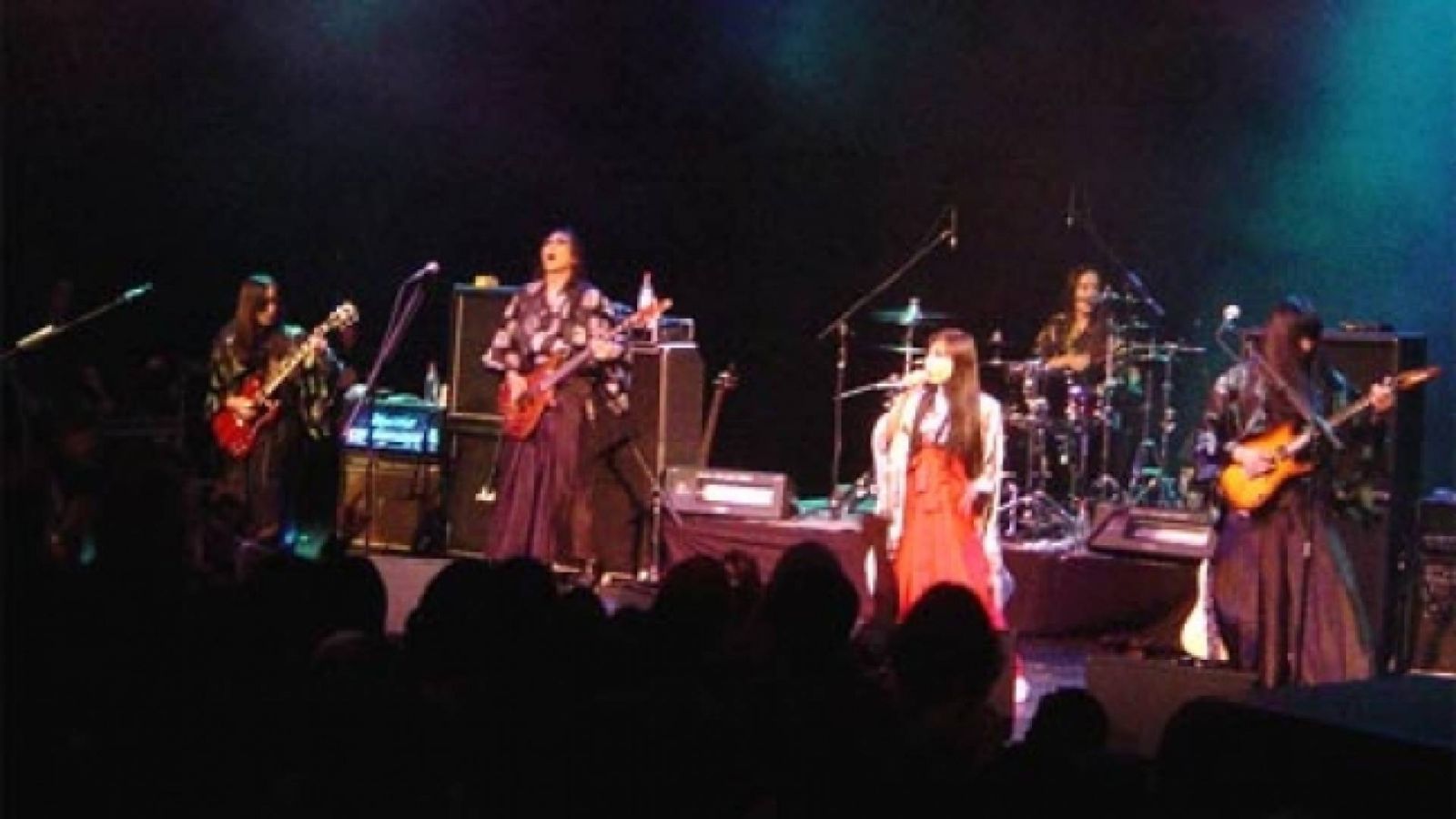
Interview
A few words with the band after their successful concert in Offenbach, Germany.